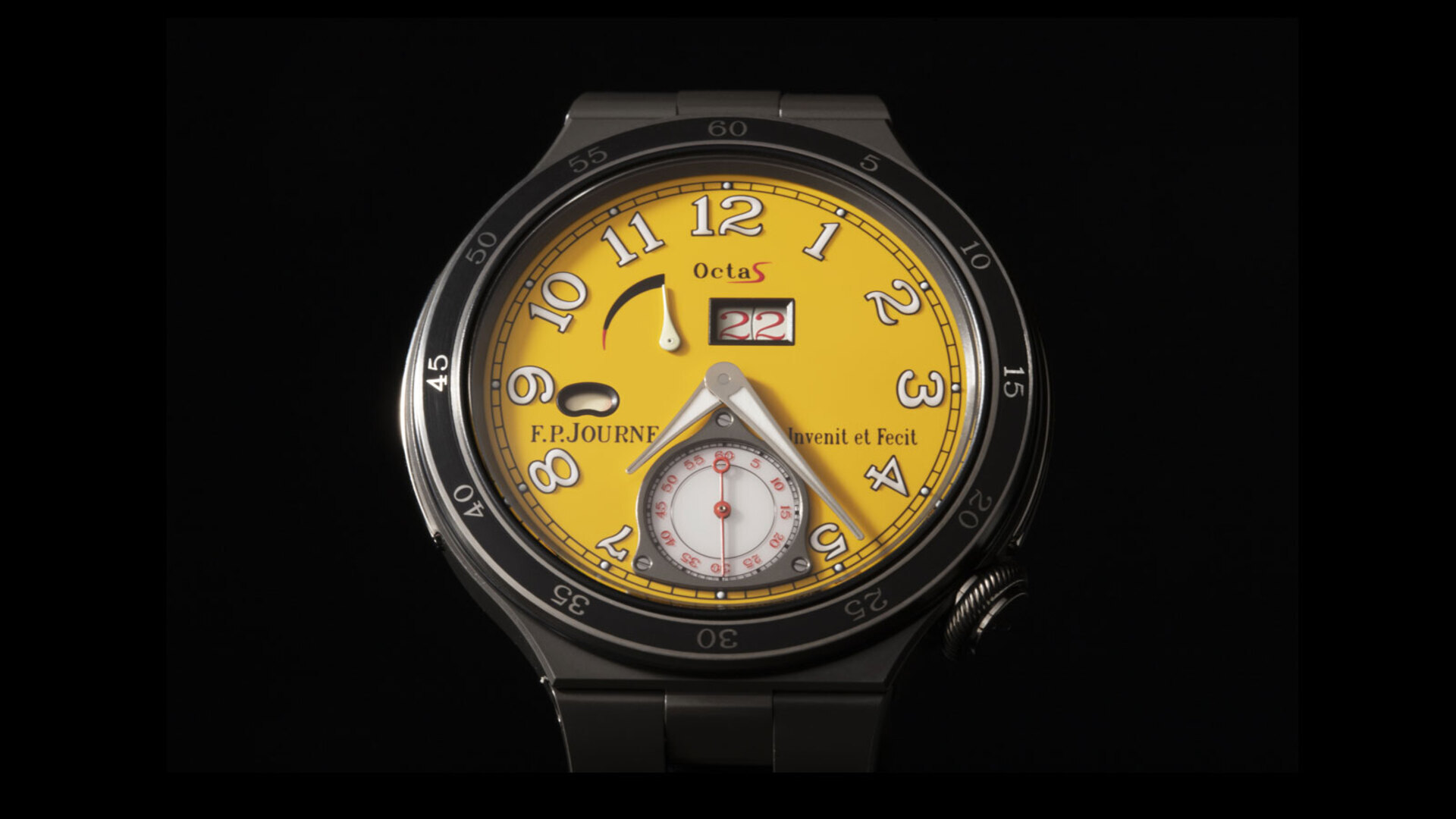
The vision of sports watches through F.P.Journe's eyes
That devil Journe! When you think that a genius like him, famous for his creations boasting classic shapes and refined mechanics, can’t develop a sporty timepiece, what does he create? Not a watch, but a whole collection: the lineSport. A collection including three watches, the Centigraphe, the Automatique Réserve and the Chronographe Rattrapante. Now we leave the first aside and focus on the split-second monopusher and the automatic; there is already stuff to talk about with these two.
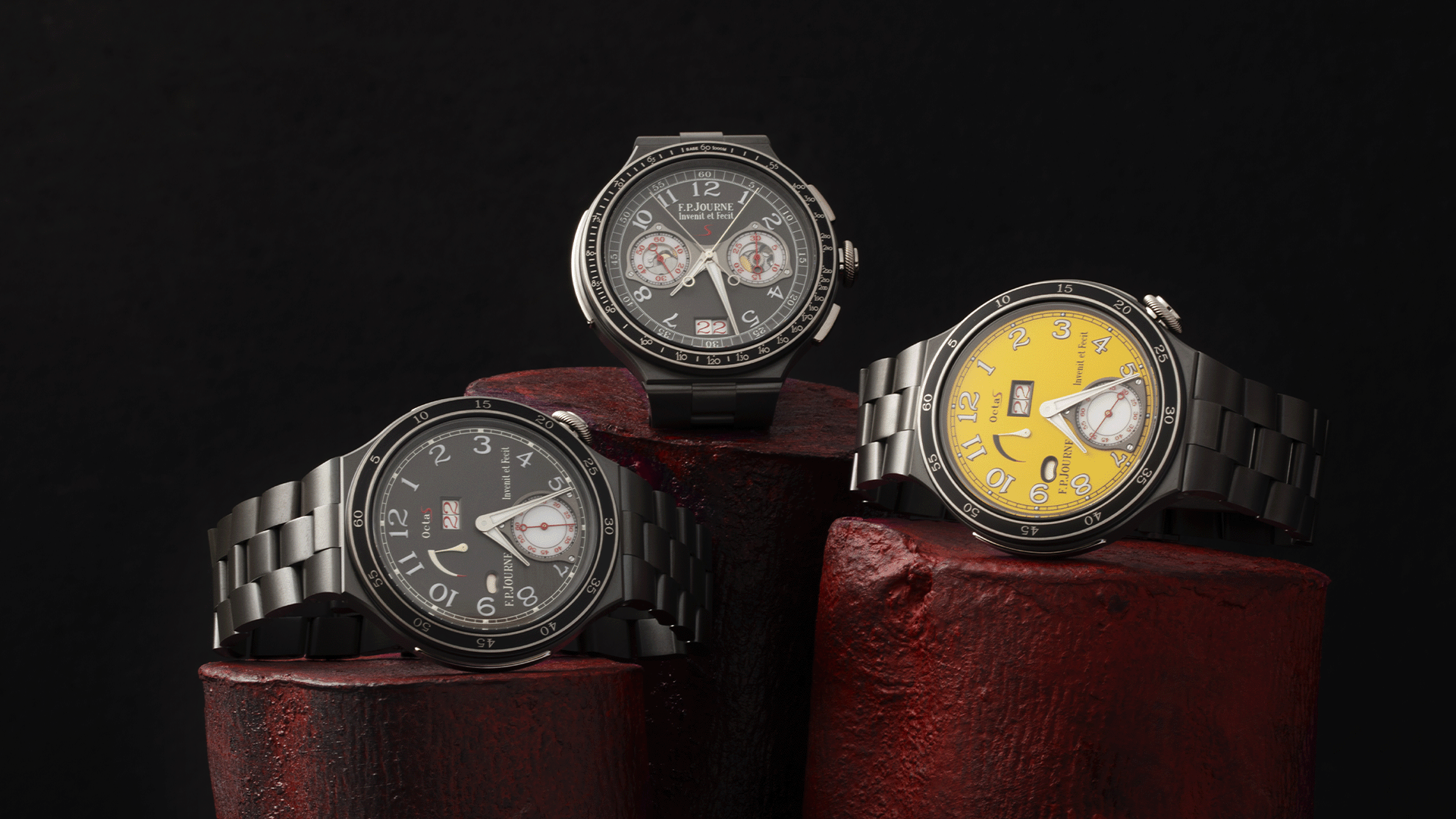
F.P. Journe Automatique Réserve
Let’s start with the Automatique Réserve. F.P.Journe created it with one thing clear in his mind: lightness, which has become a mantra in the world of sports watches over the last few years. The choice of the most suitable materials for this purpose was the main focus in the development of the watch. And talking about more suitable materials, what do we mean if not titanium and aluminum? Remember this please…
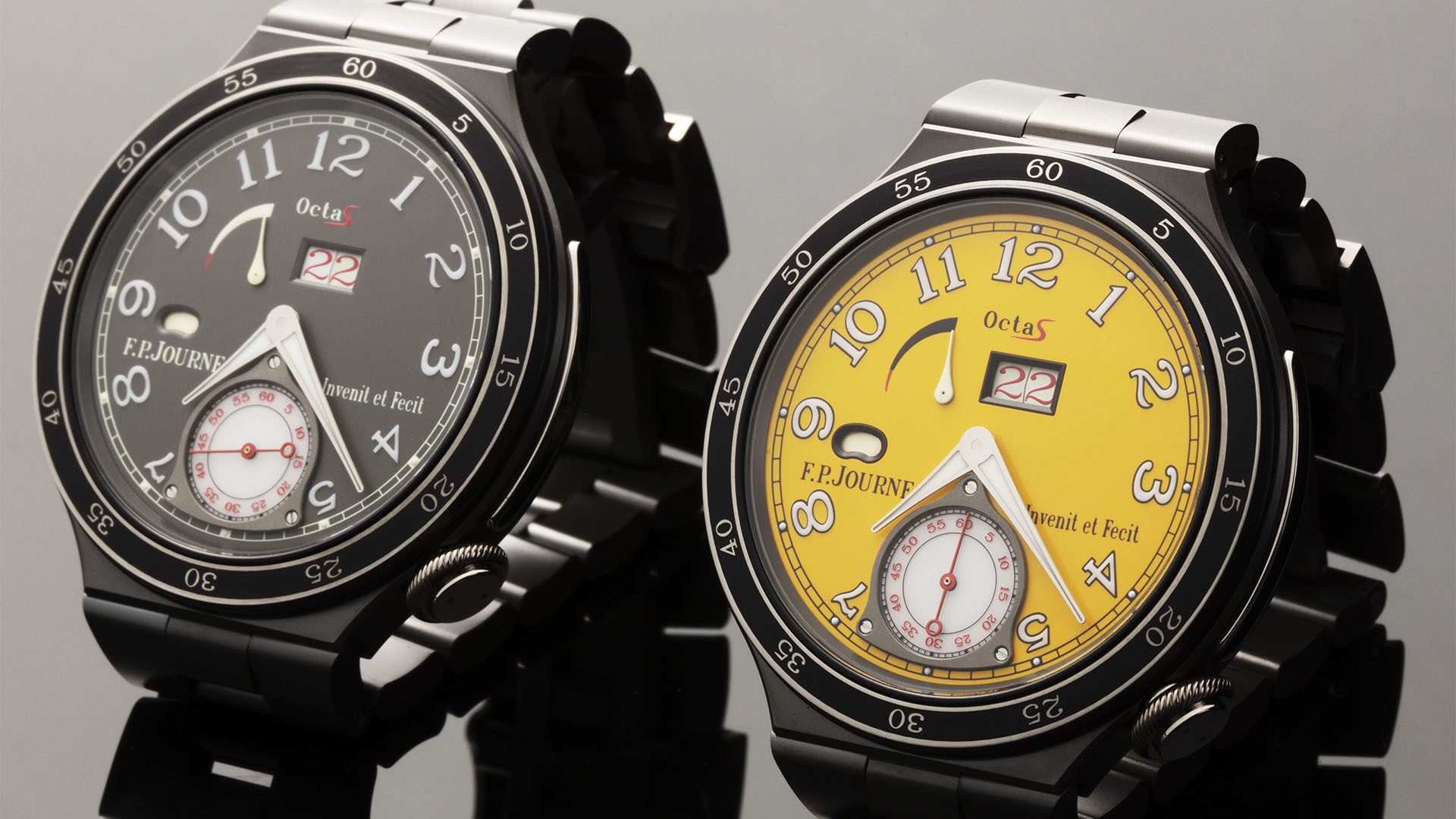
A timepiece that made a lot of noise in the watchmaking world when it was launched, as F.P.Journe’s watches always do. Its mix of modernity and tradition has allowed it to go through the last few years almost unchanged, with the clearest aesthetic updates given by the addition of the numerical scale, inlaid in the ceramic bezel, and by the introduction of a yellow dial that is extremely sporty. The Automatique Réserve has also gradually expanded the variety of materials and dials, keeping the size of the case at 44 mm in diameter and 11 in thickness. Don’t forget this last detail either.
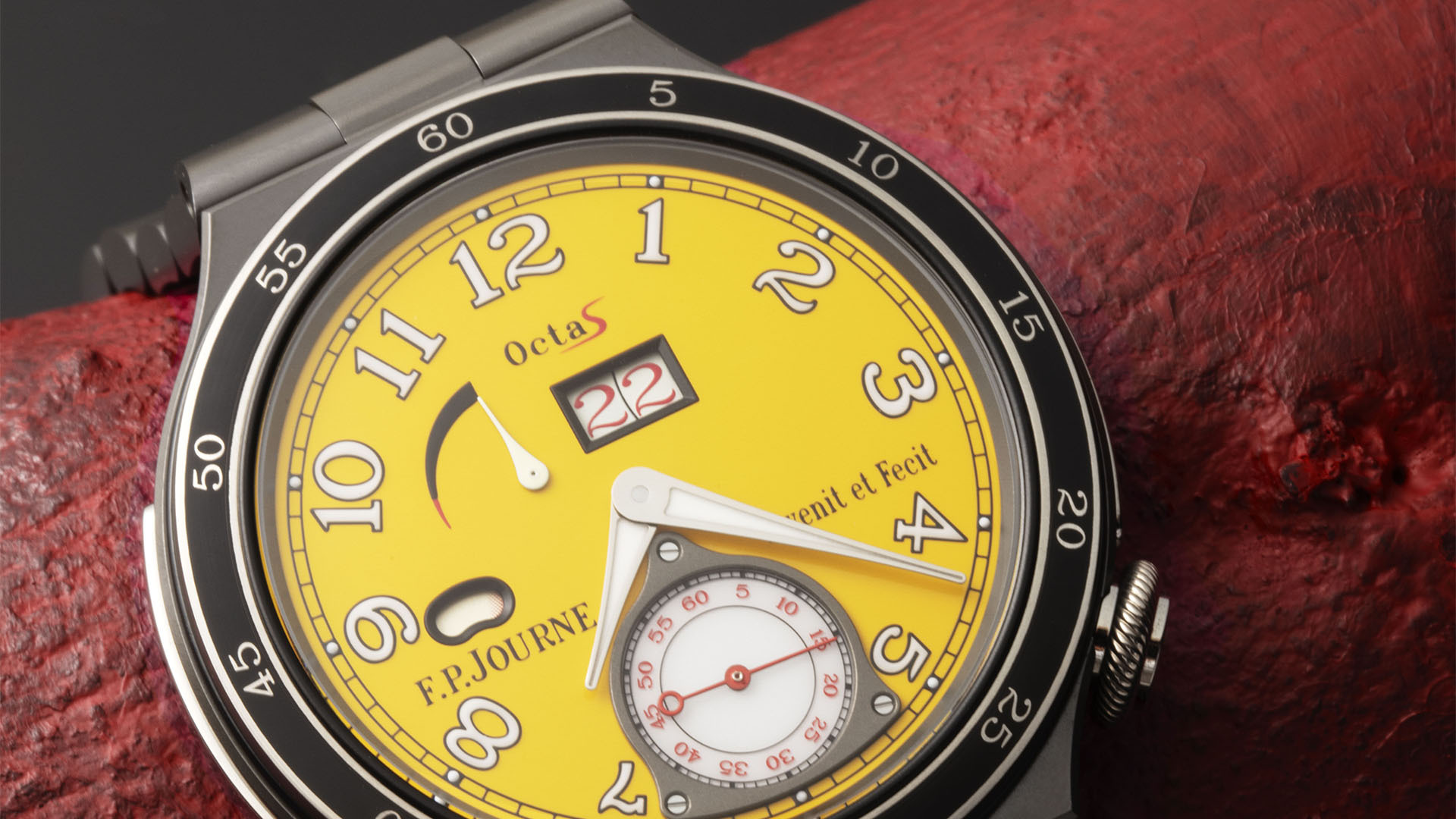
Power to materials
And while you put it in a corner of your memory, let’s talk about materials. In addition to grade 5 titanium, the Automatique Réserve is also available in 6N Gold and Platinum. Each version is associated with a different dial; in the titanium one it is in yellow or anthracite aluminum, with the seconds counter in white sapphire; in the gold one it is in ruthenium-colored silver; in the platinum one it is in blue-mauve silver. The dials of these last two versions are different from the aluminum one by the guilloché finishing of the center, which makes them more classic, as well as by the different position of the power reserve and the day/night indicators.
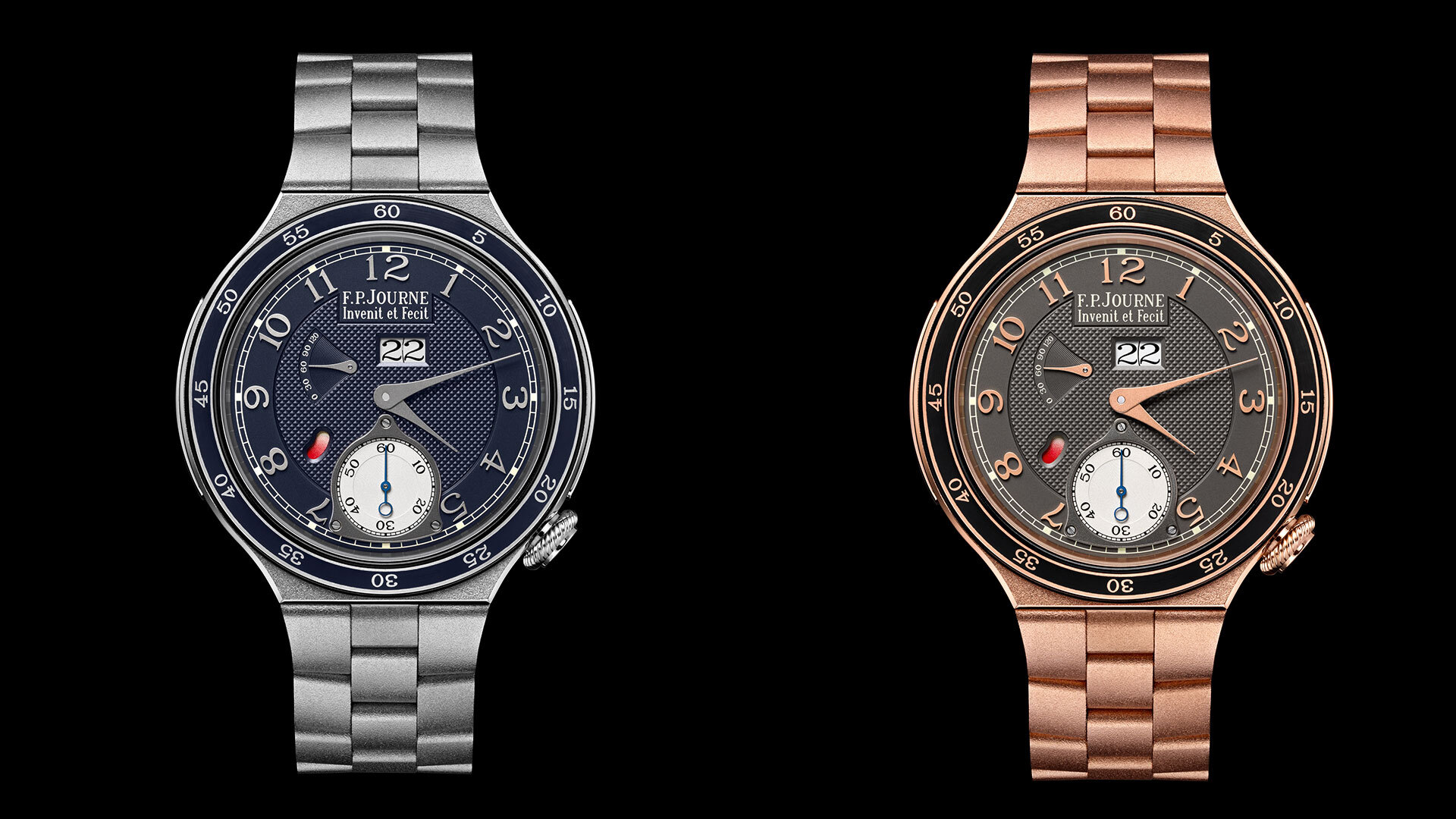
Are we forgetting something? Oh yes, the big date, since the size of the window has increased to 4.7 x 2.6 mm, enhancing readability. A big date that, ça va sans dire, jumps instantaneously: in creating the movement of the Automatique Réserve, F.P.Journe did not want leave the path of excellence.
Inside the caliber
The movement, by the way… The Octa 1300.3 caliber has top-notch performance, with its 160 hours of power reserve and the unidirectional winding of the exclusive off-centered F.P. Journe rotor, which is achieved by a self-locking ball bearing system. A power reserve made possible thanks to an extended capacity of the spring development; the spring – 1 meter long and 1 millimeter thick – has been integrated on the same level as the gear-train and the escapement. All this, encased, for a total of 11 mm thick. You haven’t forgotten, have you?
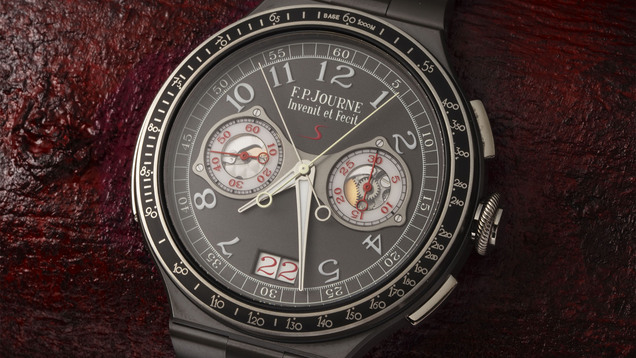
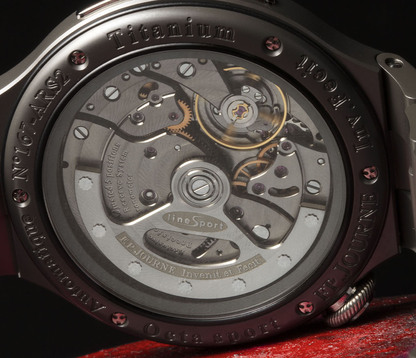
In the titanium case version, the movement is in aluminum, while it is in rose gold in platinum and in 6N Gold cases This caliber in the titanium version, together with the case and bracelet weighs only 83 grams. You also remembered the weight and materials, right?
The movement took three years of research and development to complete and, listening to the words of F.P.Journe, we understand the reason for this time: “The construction of the Octa caliber has less powerful ties with horological history than do the constant-force device or resonance models, but it symbolizes a horological ideal of giving timekeepers the highest possible degree of precision and autonomy”. In a sporty look with a touch of classicism.
F.P.Journe Chronographe Rattrapante
If the genesis and the final result of the Automatique Réserve are now very clear, for the Chronographe Rattrapante, launched by F.P.Journe in 2018, we move to another territory, with a common trait to the previous one: excellence.
First of all, because this watch embodies two characteristics that are found only in fine watchmaking: in addition to being a chronograph, it is monopusher and split-second. Especially for this last feature, it is worth spending a few more words.
Shaping the split-second complication
After the invention and development of the chronograph in the early decades of the 19th century, watchmakers wanted to stop the hand showing the intervals for a more precise and comfortable reading of these precision instruments. In 1827, Louis-Frédéric Perrelet introduced a two seconds-hands watch. One of the hands could be stopped at will and by a second press on the same button, the hand was catching up the first hand that had continued its functioning.
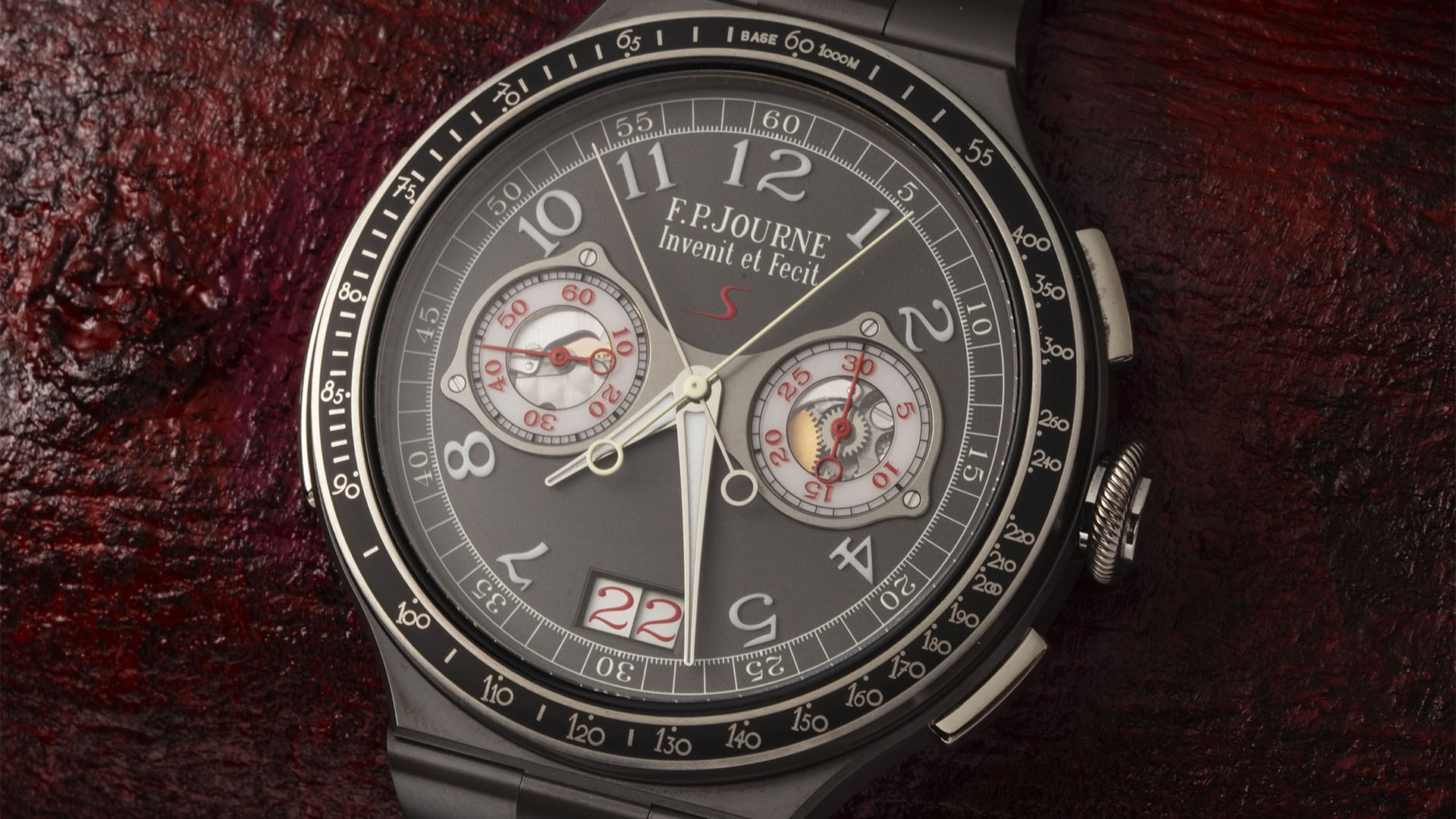
Around 1831 Joseph-Thaddeus Winnerl invented a system of “split-second” that was stopping the seconds-hand, then this hand could catch its stop time, provided that it didn’t exceed 30 seconds. This first system and the second one he would invent later, fitted with two overlapping seconds-hands, were based on the seconds wheel and not on the chronograph’s mechanism. It was around 1880 that the split-second function appeared in its current form.
Balancing the elements
As it is easy to think, for F.P.Journe the creation of a sporty split second chronograph was a challenge to face and win. Starting from an good position regarding materials and finishing; in fact, in the Chronographe Rattrapante line, the combinations of materials, colors and finishing of the dial are the same as those of the Automatique Réserve (only the yellow dial is missing): for the platinum model, a blue-mauve color silver guilloche dial; for the gold model, a silver guilloche dial covered with Ruthenium; for the titanium model, a dial in aluminum alloy of anthracite color.
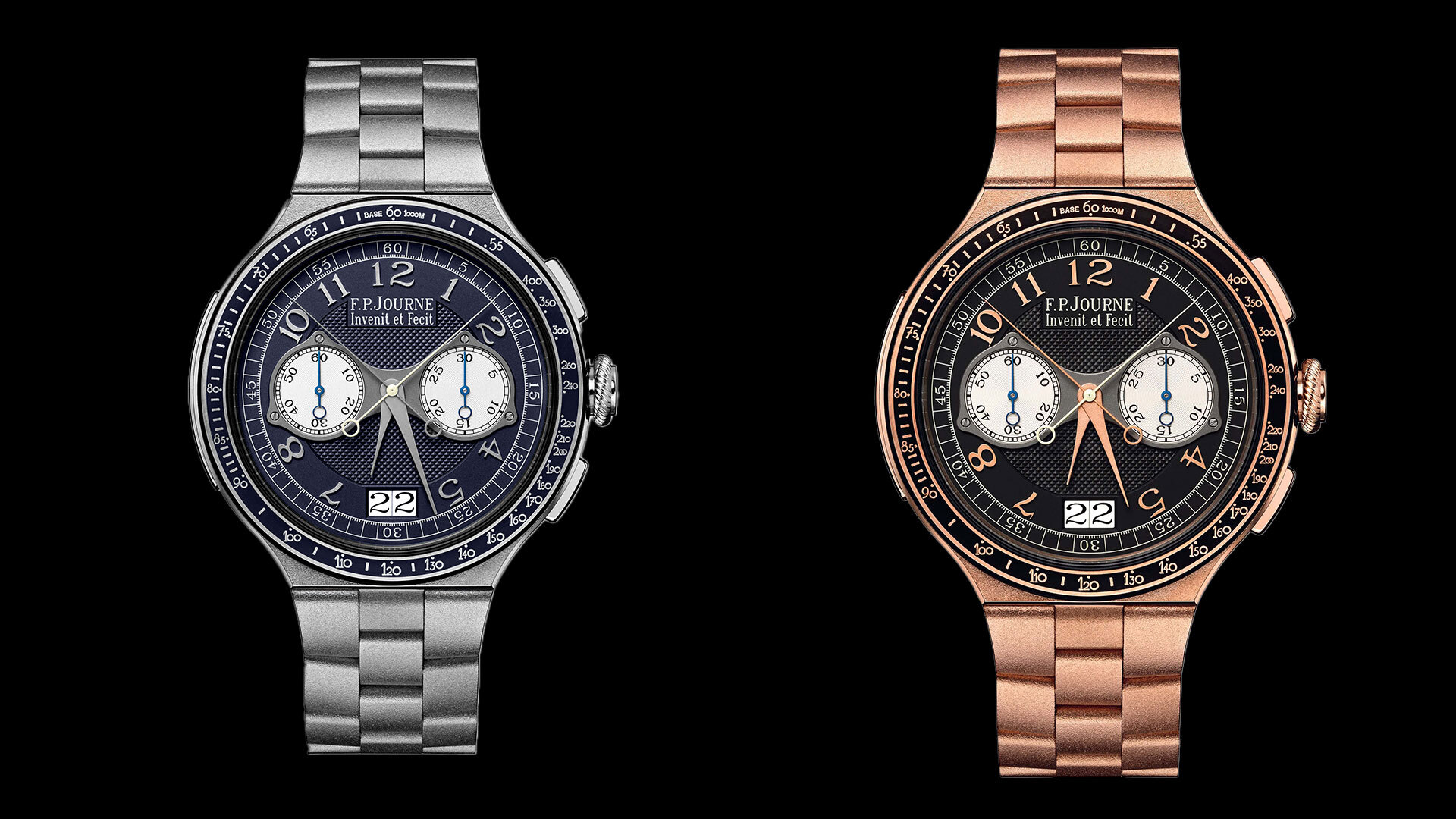
As in the Automatique Réserve, the case is 44 mm in diameter and is only one mm thicker than that of the automatic – and the movement has a total height of only 6.80 mm. A proof of the Master’s great ability to contain the size of the watch even with a complication such as that of the chronograph, which is very “voracious” of space in the case and in the movement.
Between mechanics and finishing
Speaking of the movement of the Chronographe Rattrapante, it is the hand-wound caliber 1518, conceived by F.P.Journe, is as usual entirely made in his Manufacture by him and assembled by one of his watchmakers. The movement – with an incredible 80 hours power reserve – is inspired by the Chronographe Monopoussoir Rattrapante Bleu made for Only Watch in 2017 and features a chronograph direct gearing with a rocking pinion avoiding the jump of the hand at the start. Also in this case, the different materials of the case and bracelet match with different materials of the caliber: in rose Gold the platinum or 6N gold models; in aluminum alloy for the titanium grade 5 model.
The magnificent finishing and decorations of the movement are visible through a transparent sapphire caseback: circular stripes on the bridges, circular graining on the baseplate, polished screw heads with chamfered slots, pegs with polished rounded ends, straight-grained steel work. The state of the art in high-end finishing.
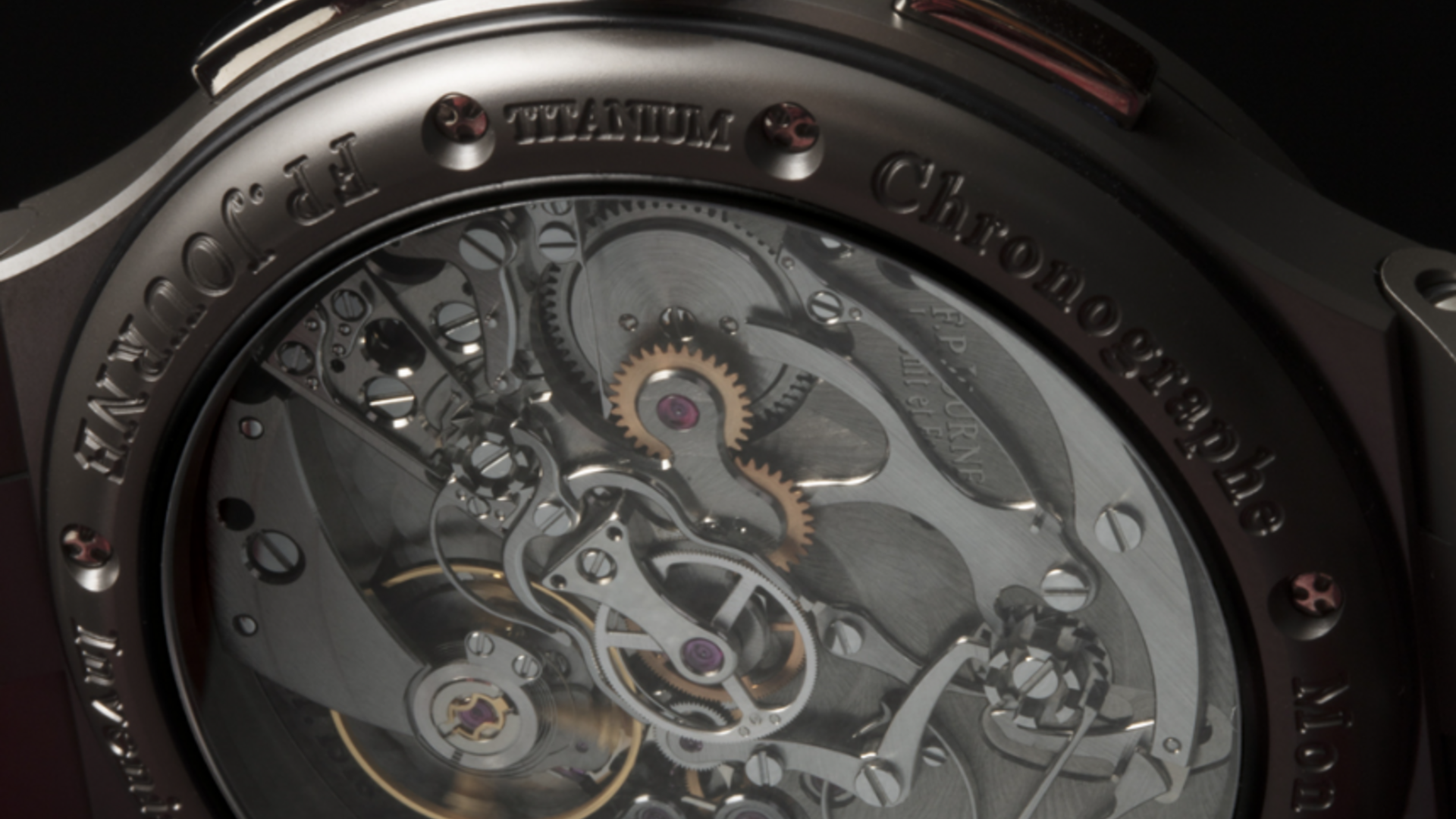
Speaking about finishing, we cannot fail to say a few words about the dials and bracelets. In the platinum and gold versions, the dials have guilloché finishing in the central part while the counters are in silver; in the titanium version, the counters are in sapphire. The indexes are applied, in white, 5N gold or coated with Superluminova. The tachymetric bezel inlaid with ceramic and the new typographic numeral are a reminder of the Only Watch timepiece. The titanium bracelet links attached to the case are articulated to adapt to the different wrist sizes with an adjustable folding clasp. Finally, let’s have a look to the crown; it has three positions: 1 for winding, 2 for the correction of the very large date – in a window of 5.20 x 2.80 mm -, 3 for time setting.

In short, what else to say about the watches from the lineSport collection? Whether we are talking about the Automatique Réserve or about the Chronographe Rattrapante, it is a collection that makes every enthusiast rethink all the certainties about the concept of sportsmanship. Could the Maestro ever have created a sports watch like all the others? Of course not, because he’s not a watchmaker like everyone else. And combining dynamism and classicism without misrepresenting, was not easy. But he succeeded. That devil Journe!
This article discusses these watches:
Related articles:
Keep up to date. Subscribe to our newsletter.
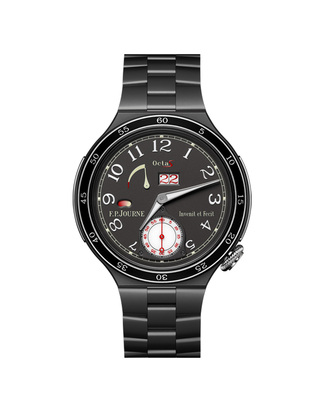
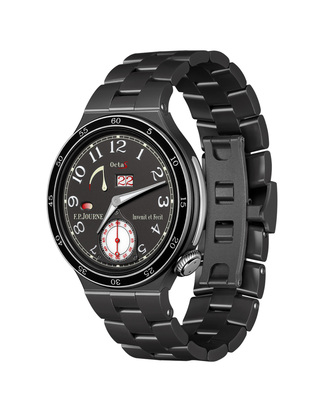
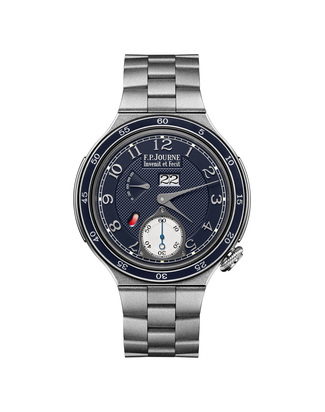
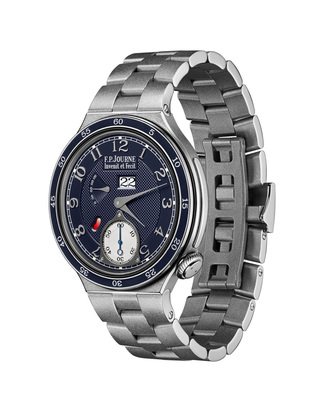
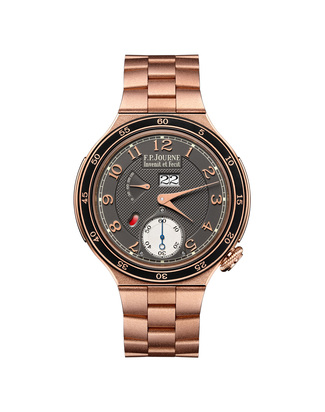
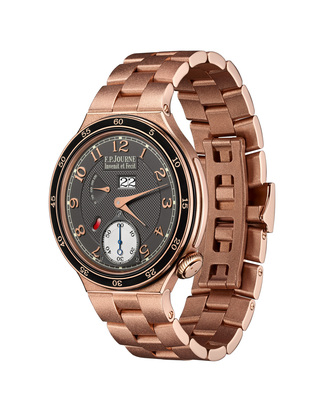
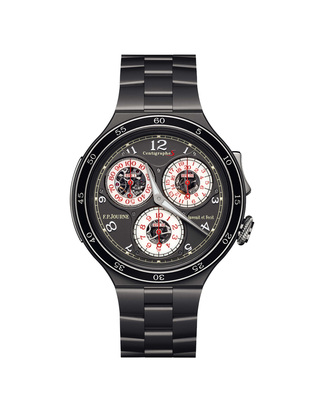
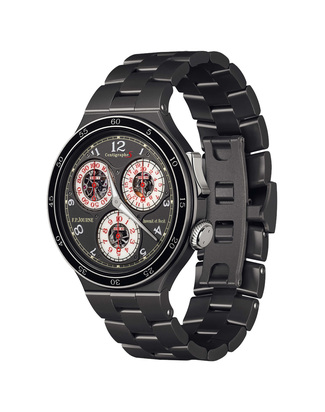
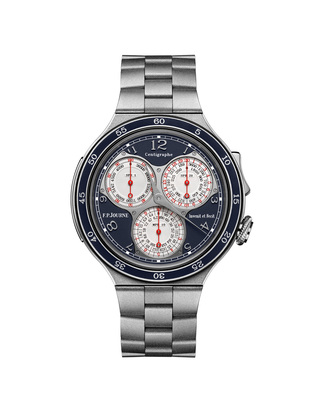
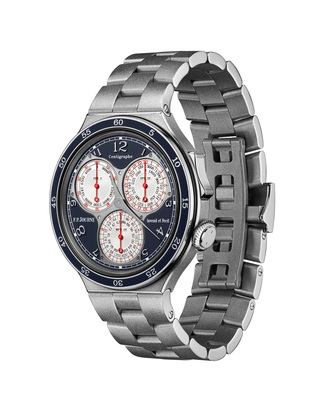
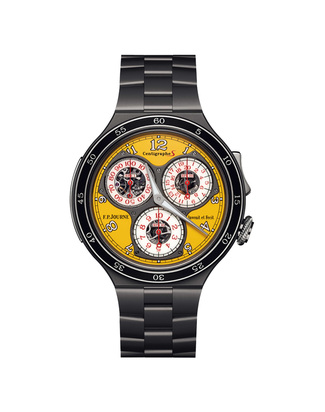
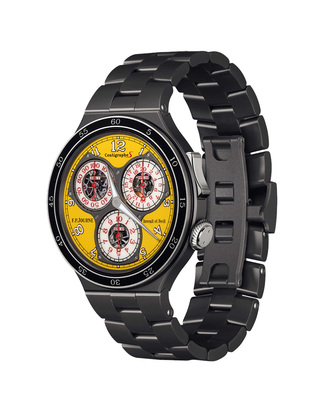
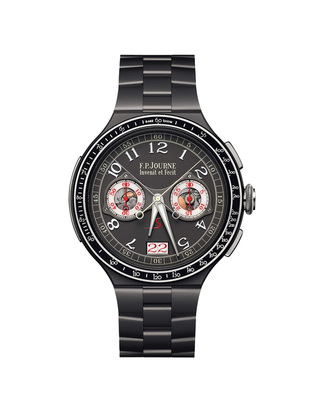
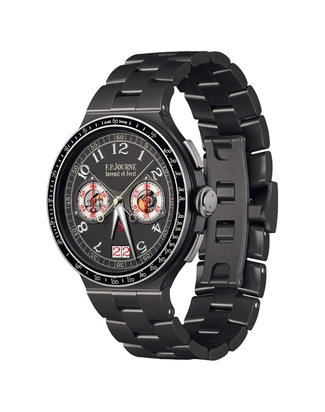
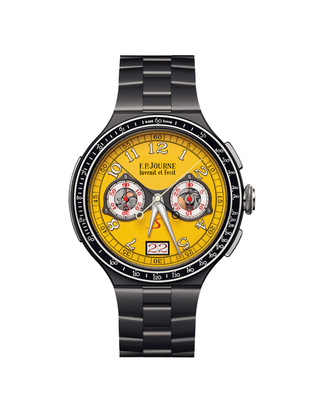
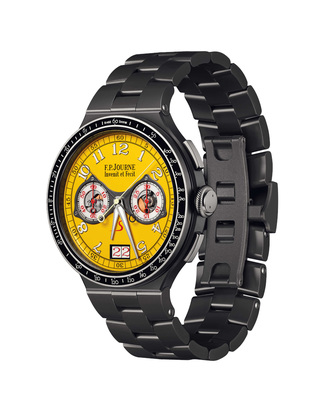
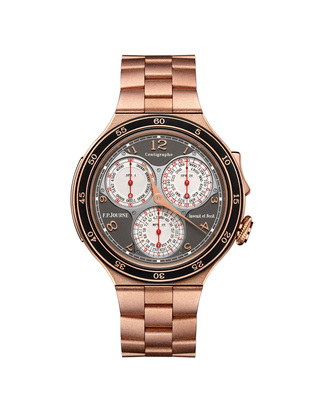
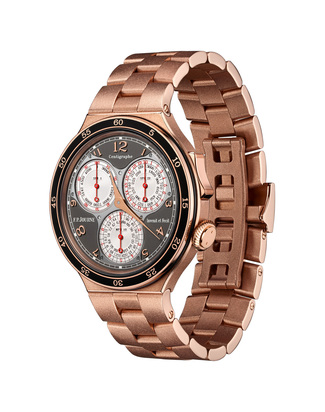
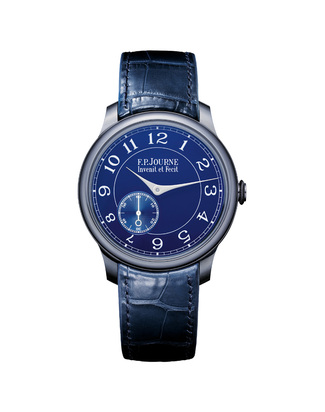
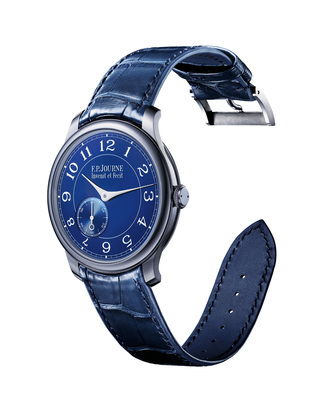
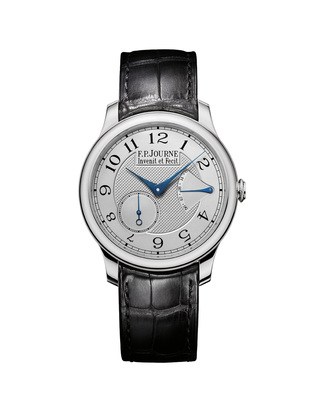
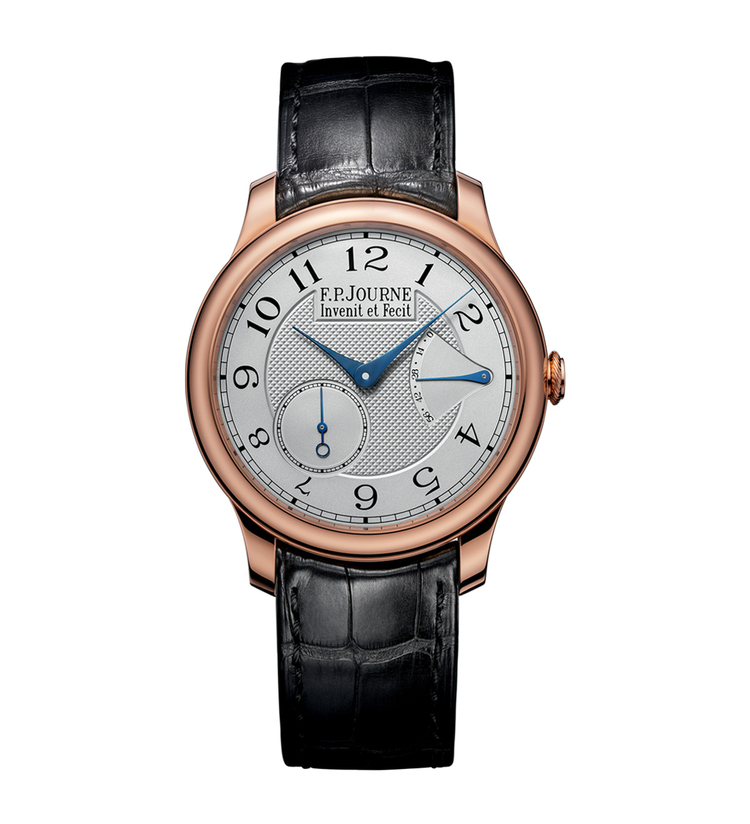
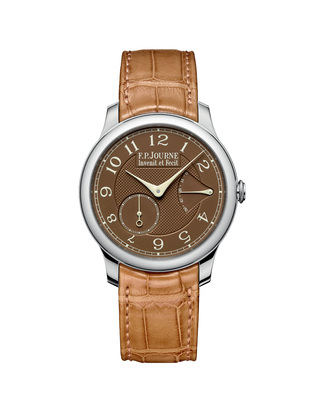
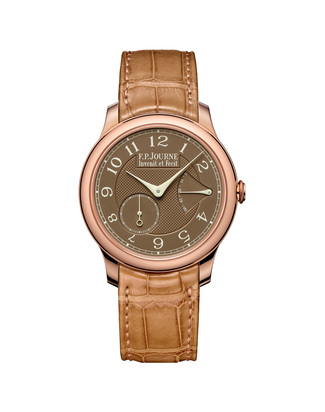
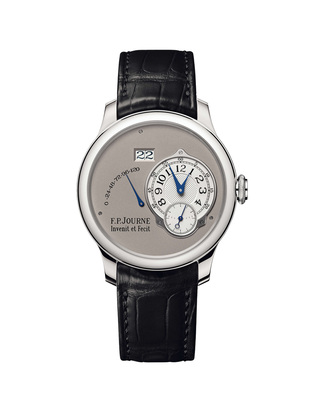
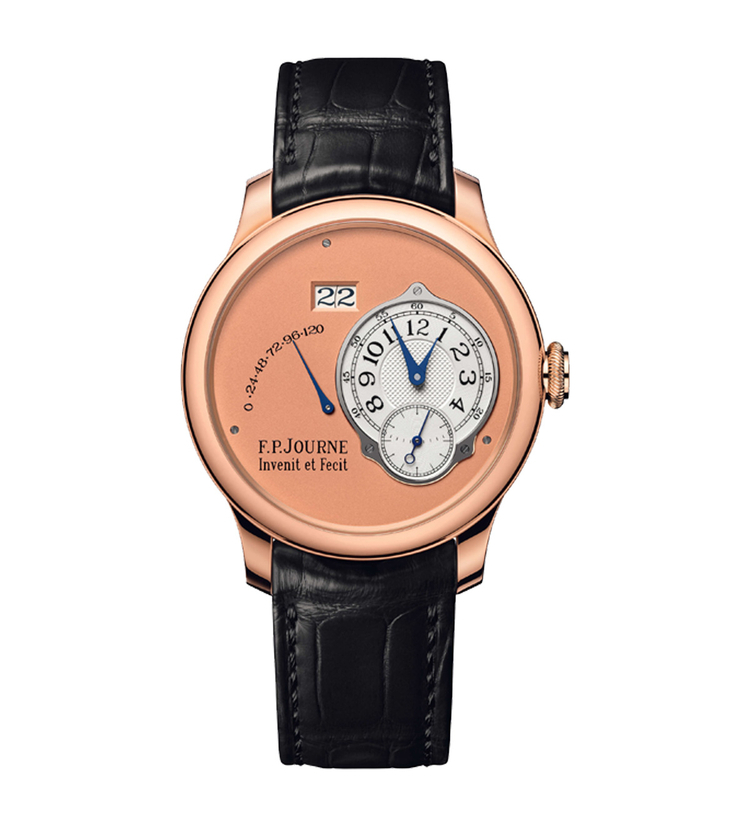
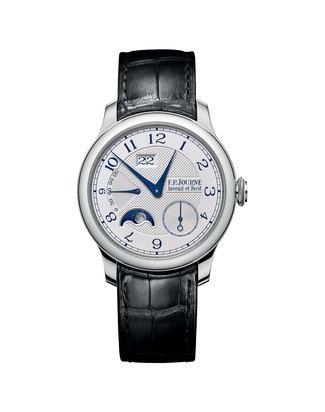
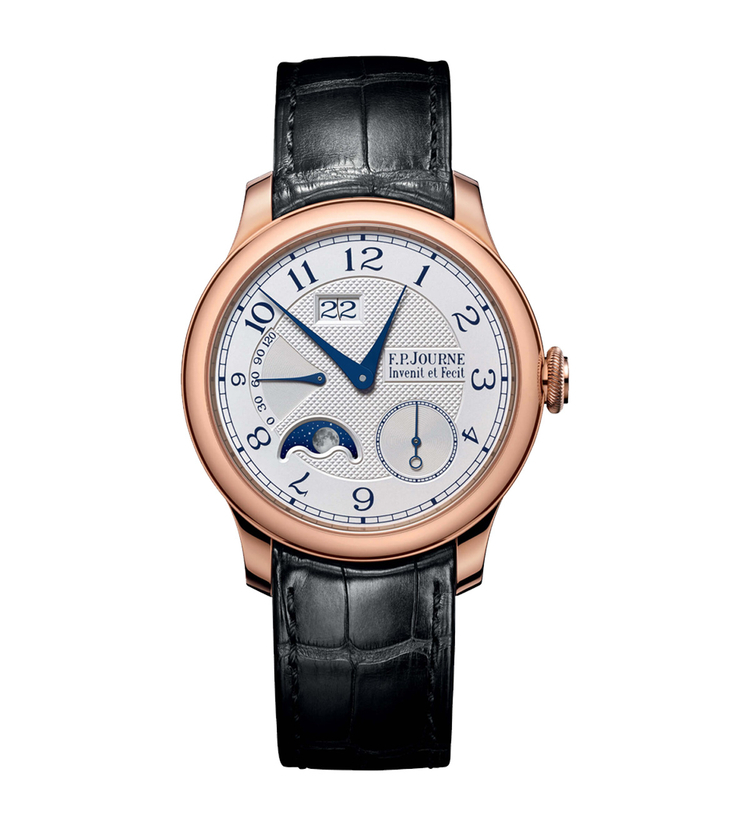
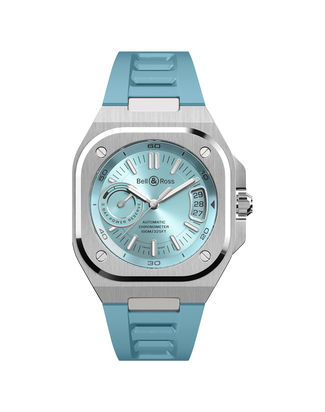

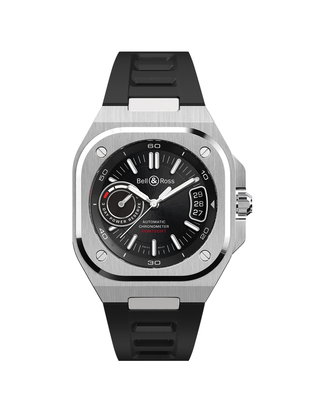

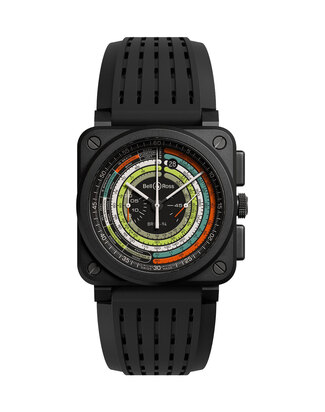
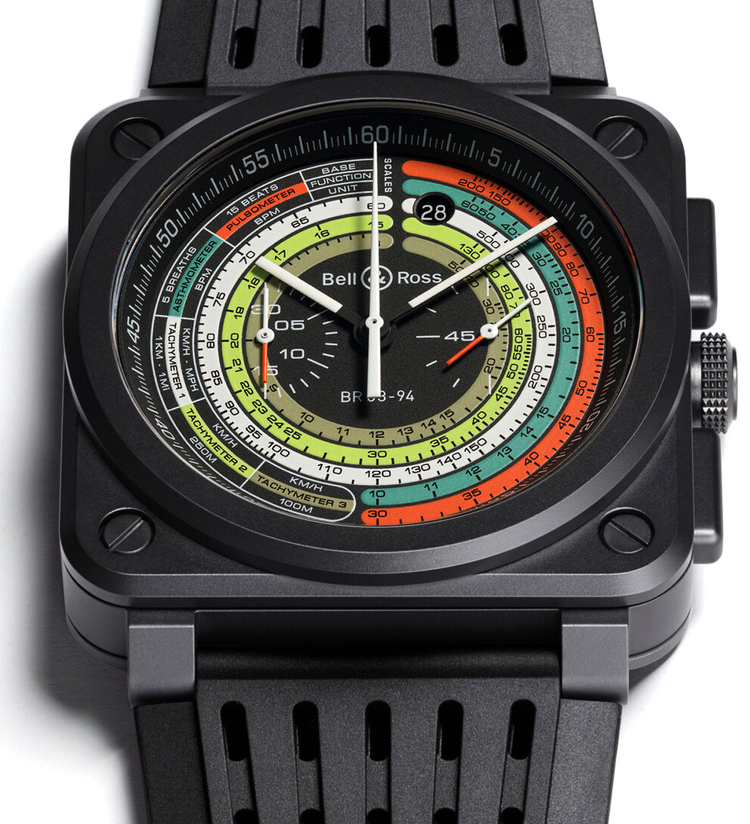
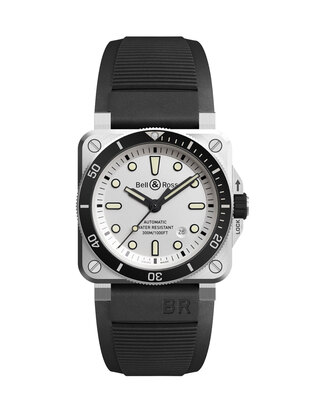

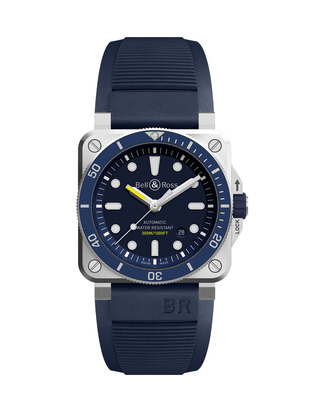
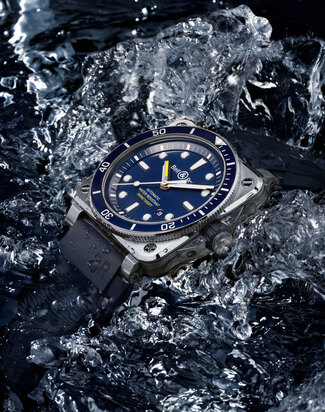
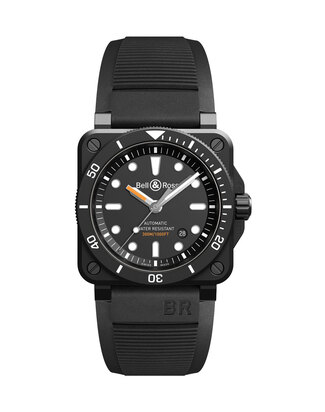
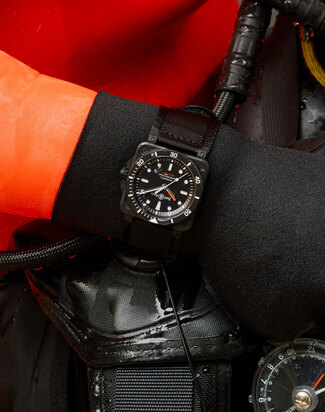
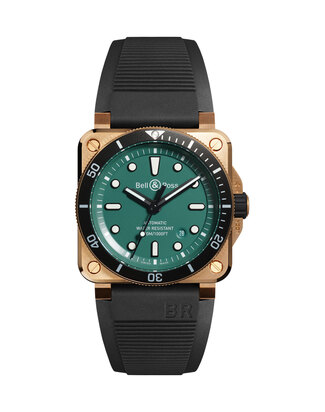
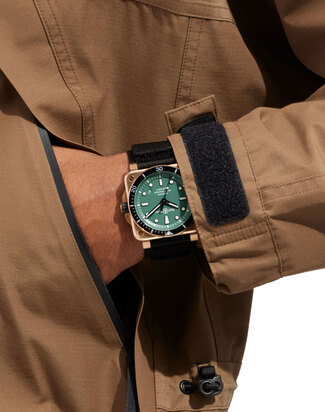
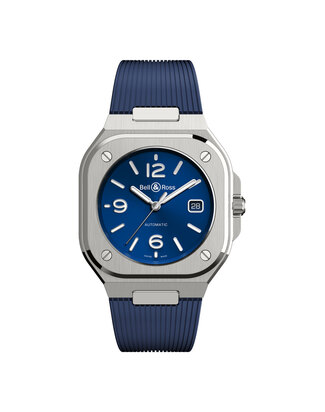



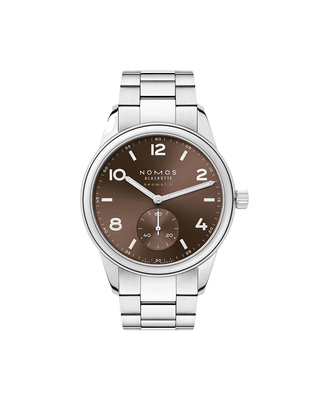

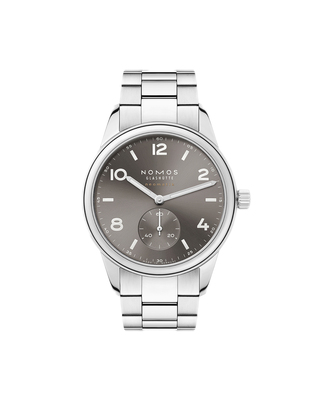
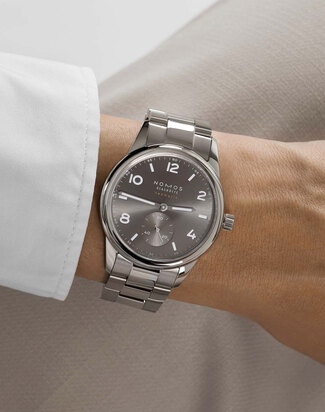

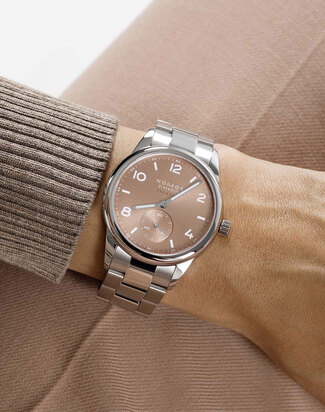
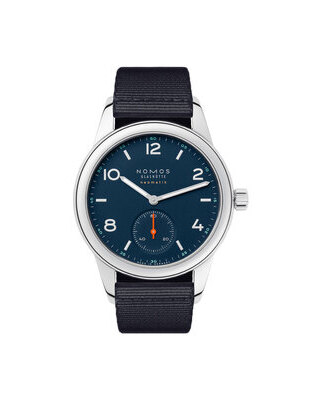
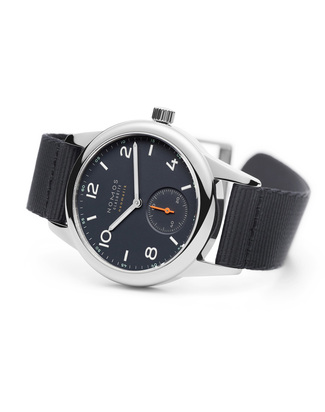
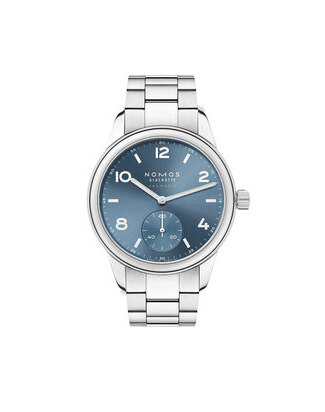
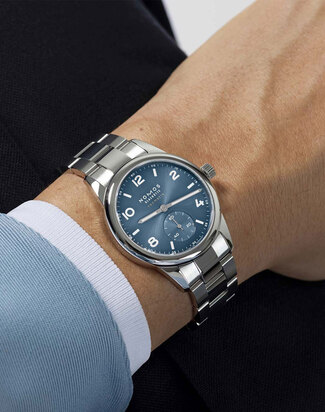
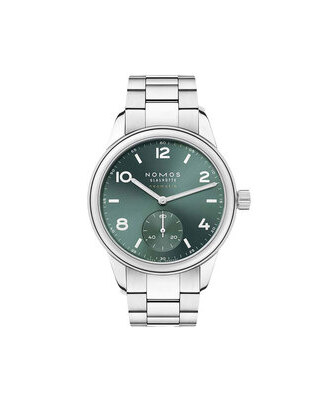
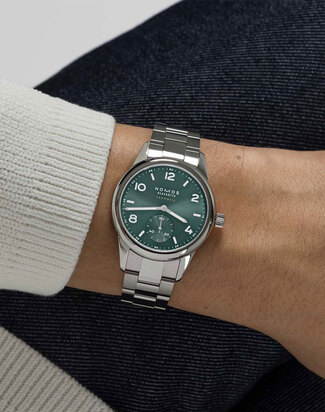
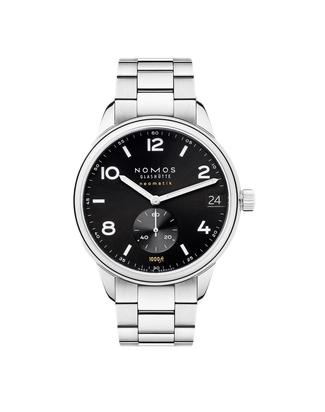

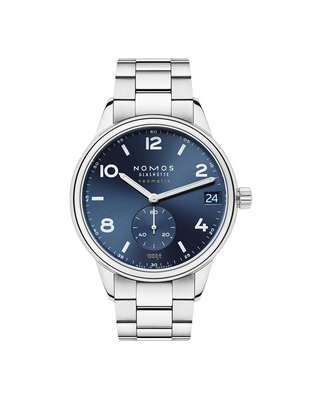
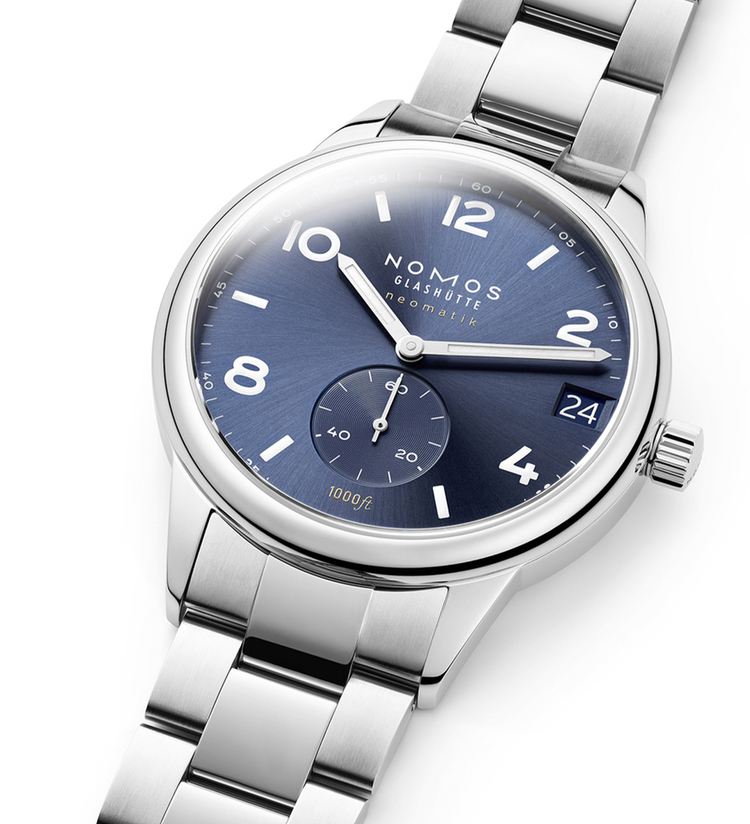
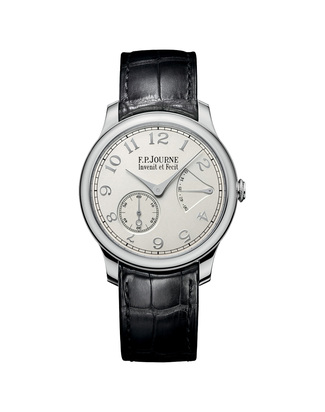
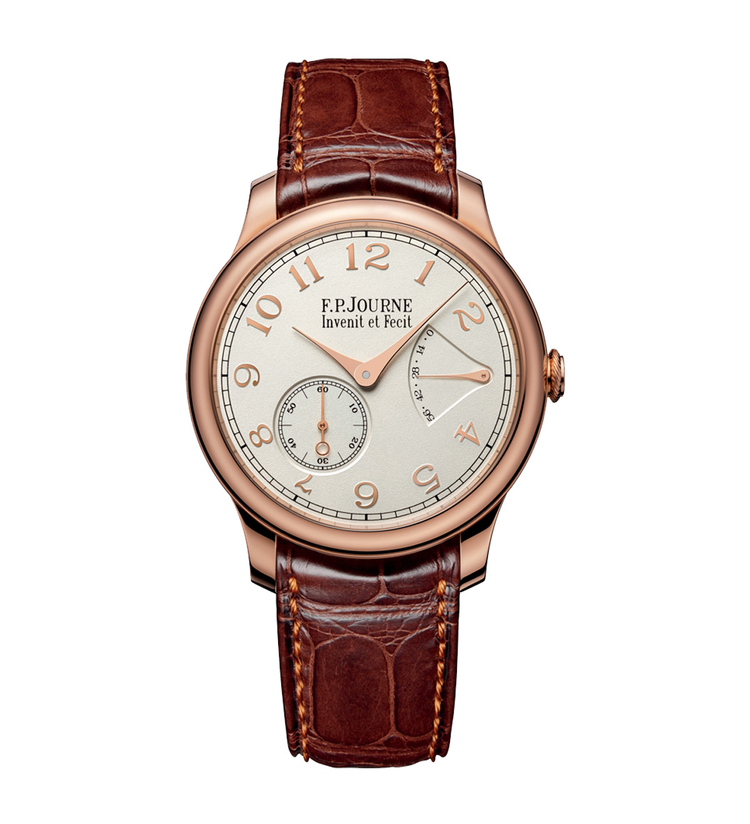
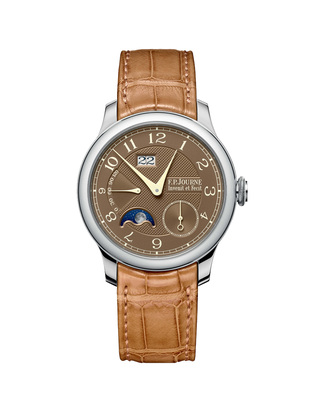
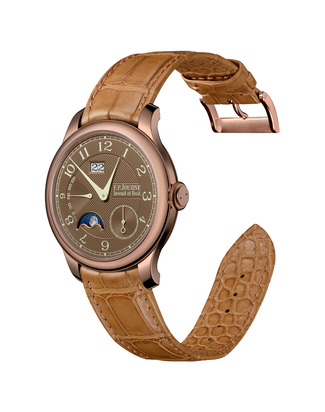
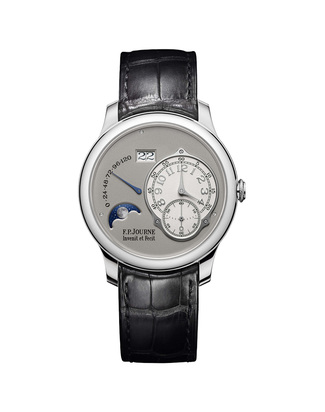
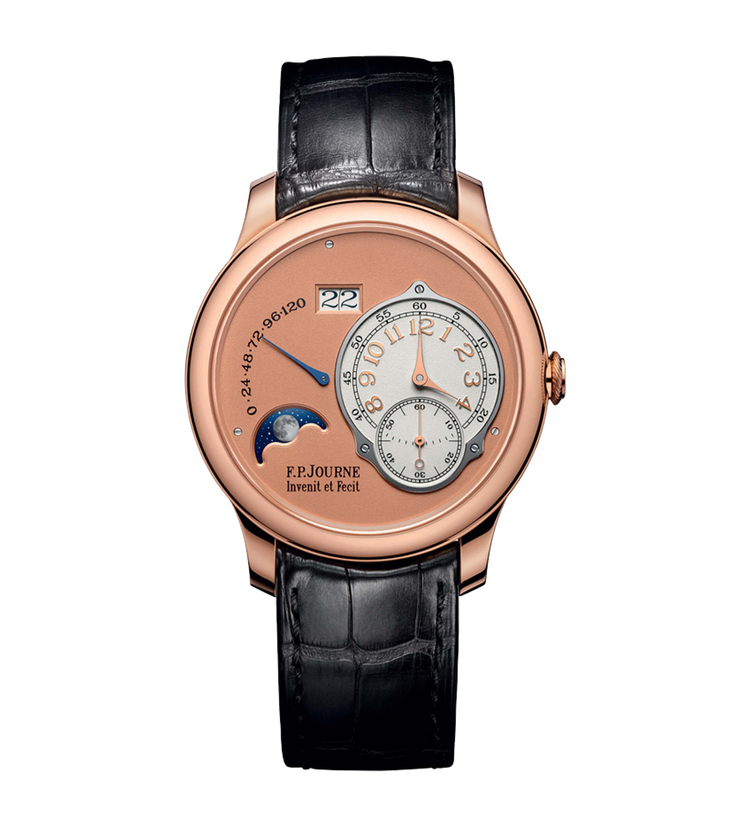
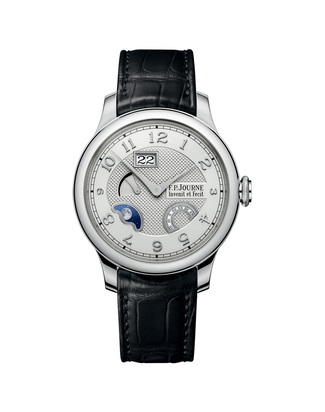
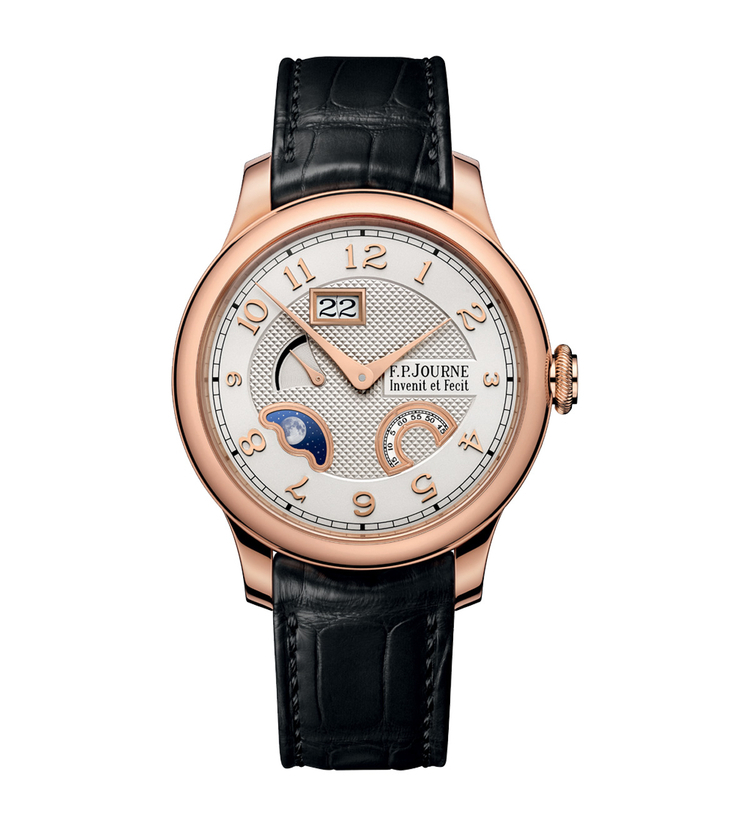
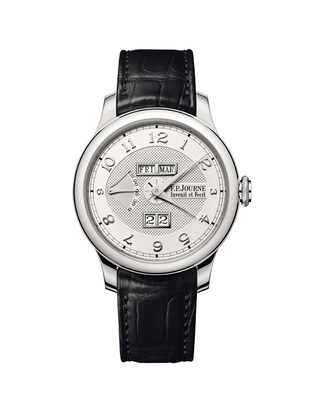
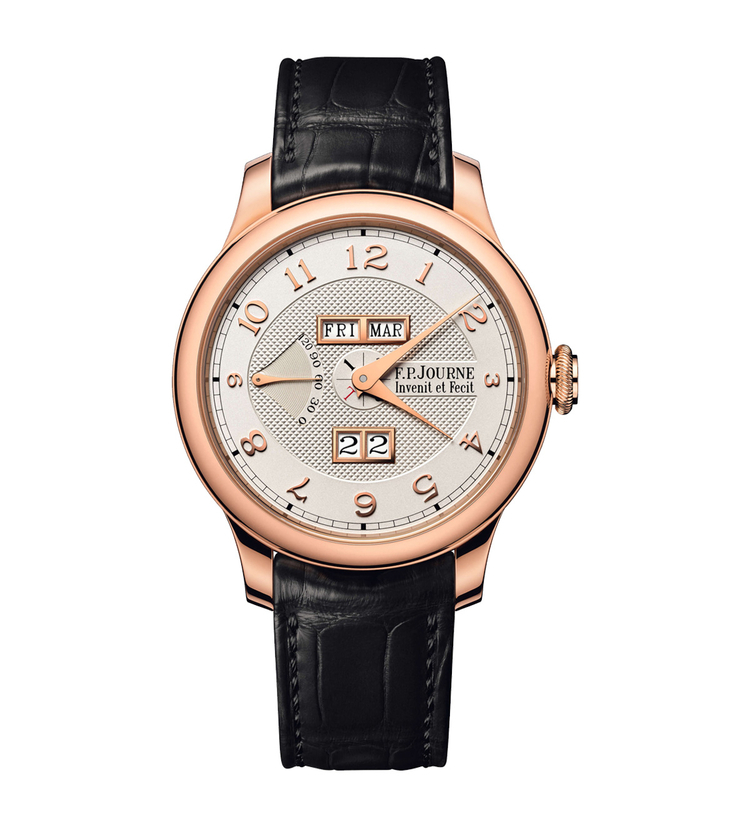
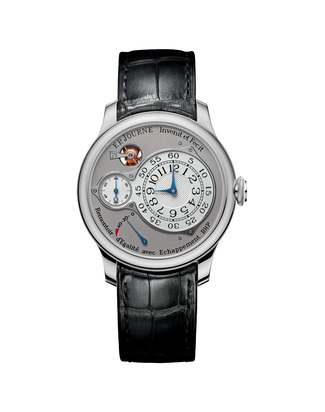
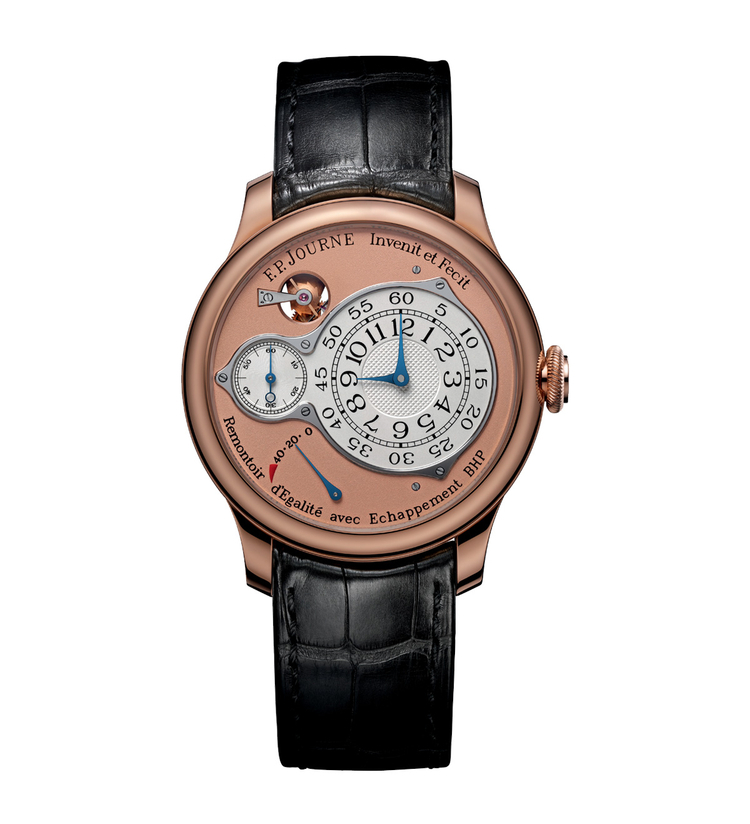
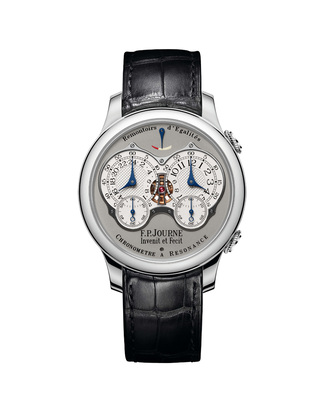
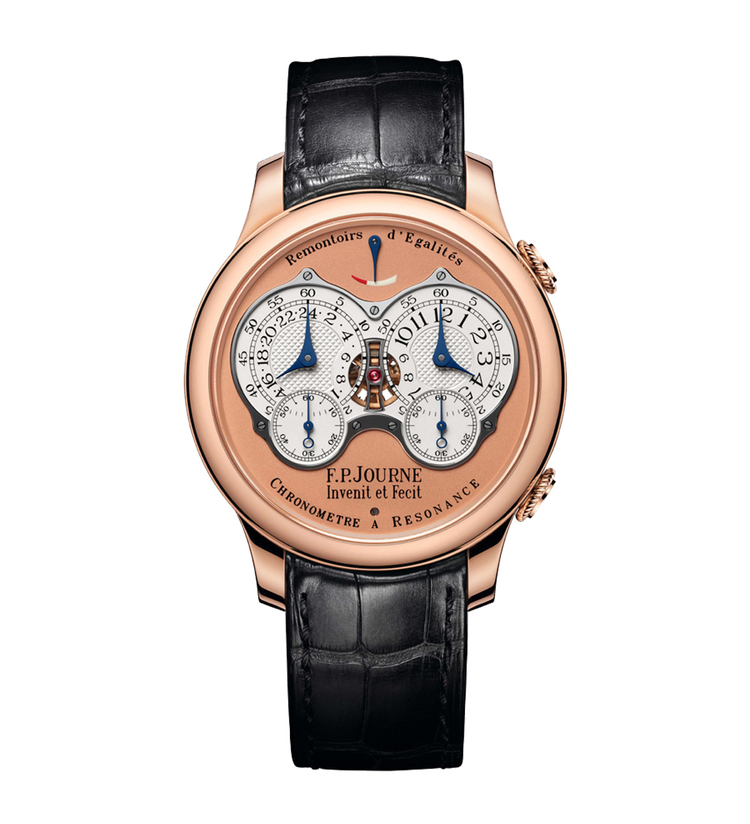
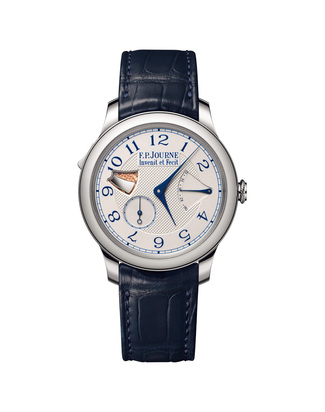
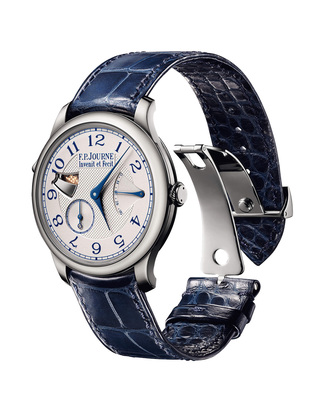
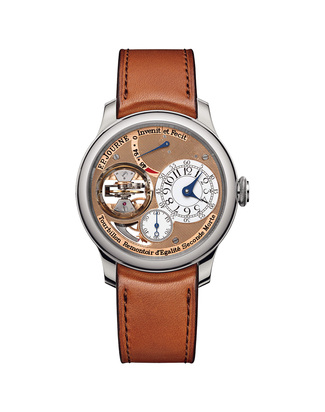
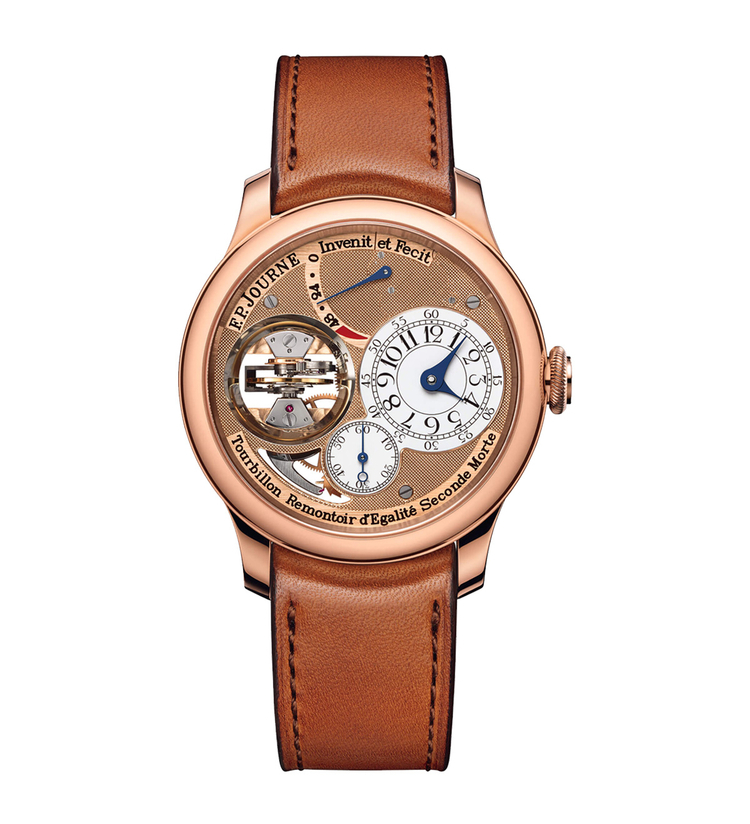
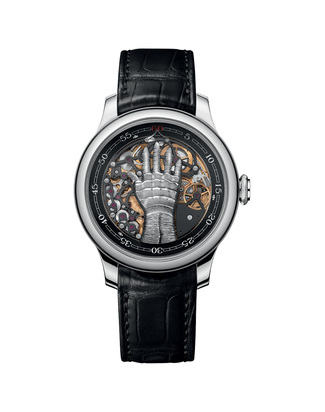
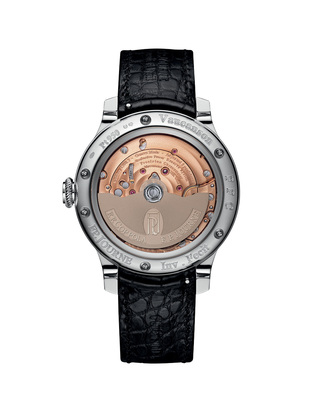
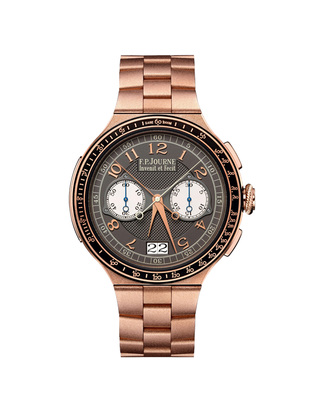
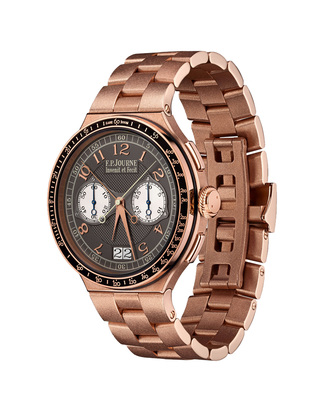
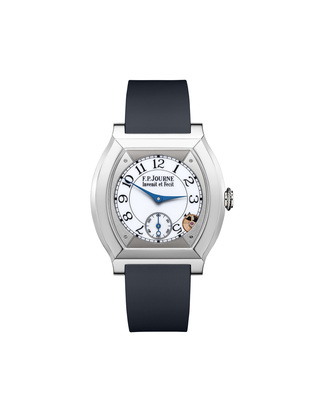
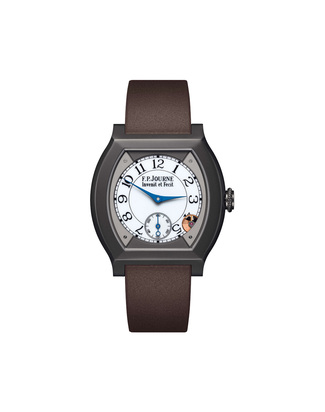
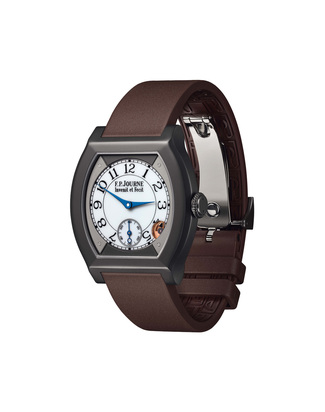
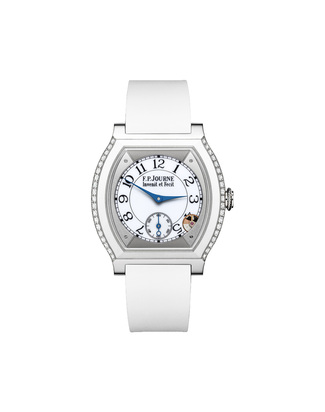
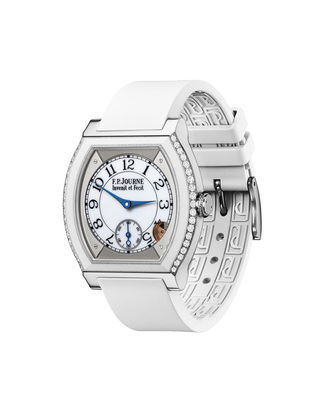
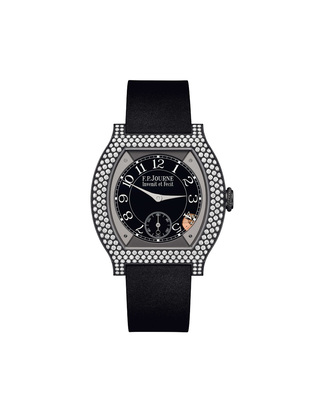
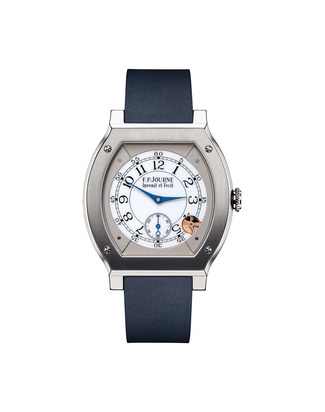
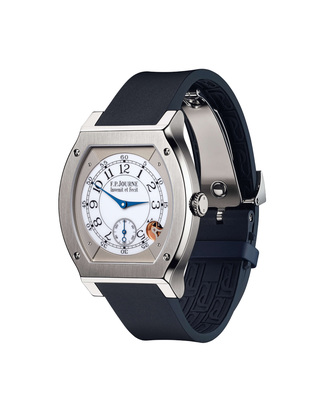
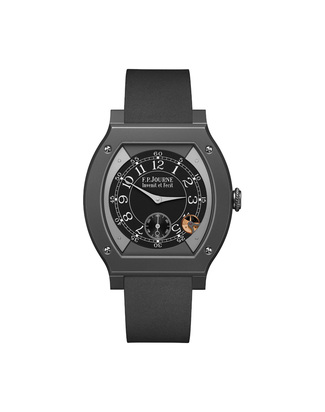
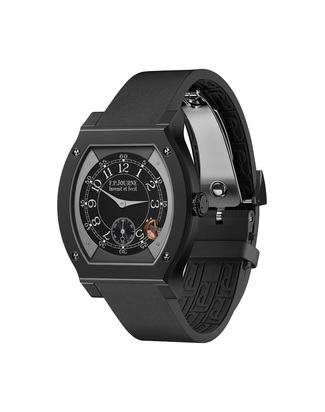
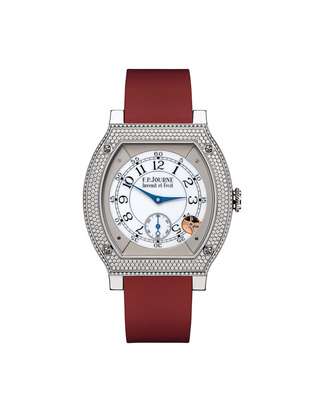
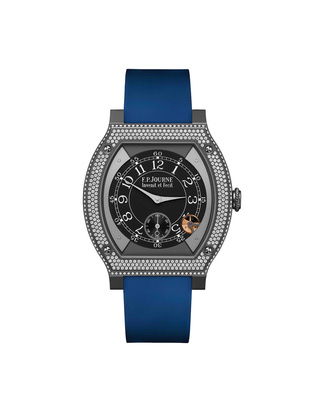
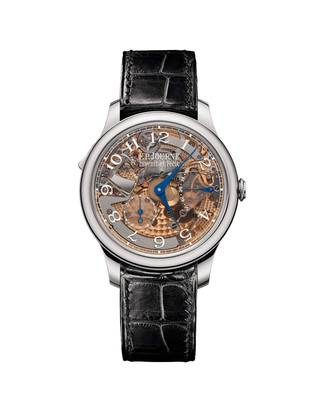
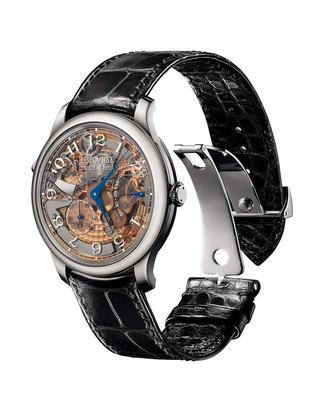
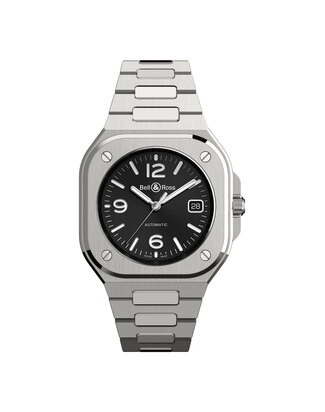


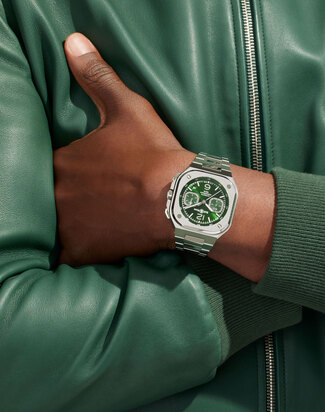
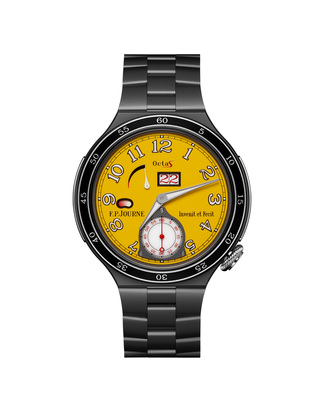
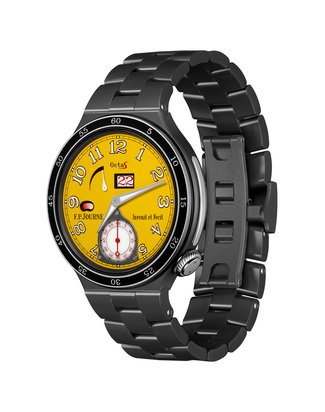
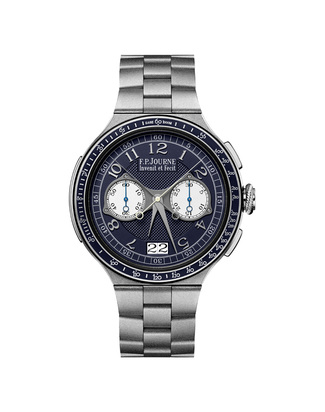
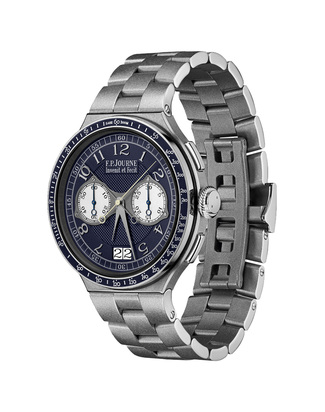
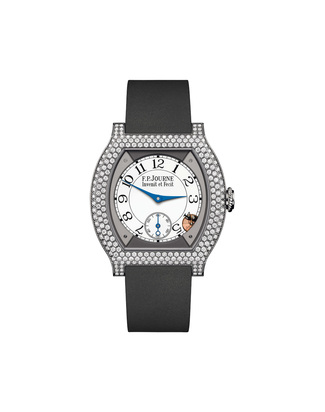
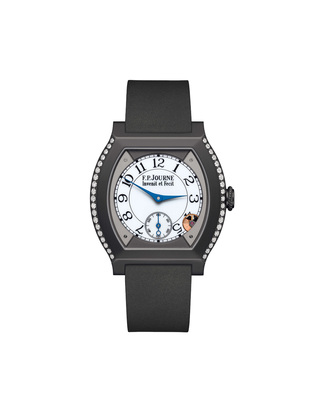
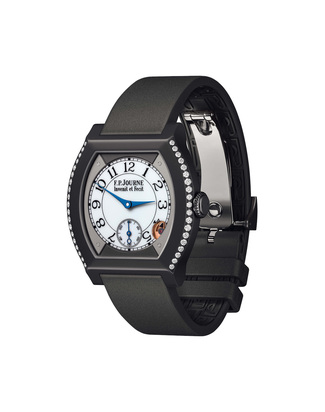
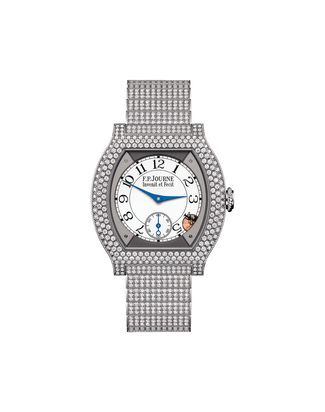
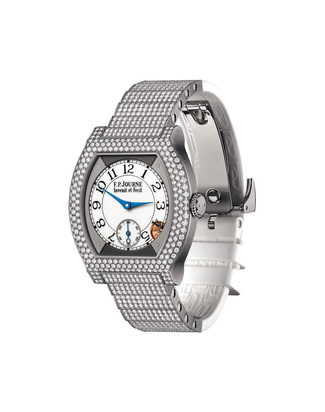
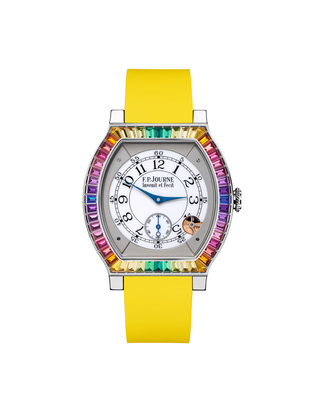
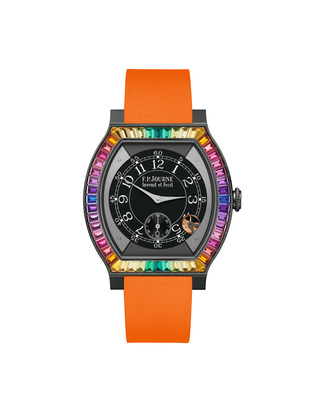
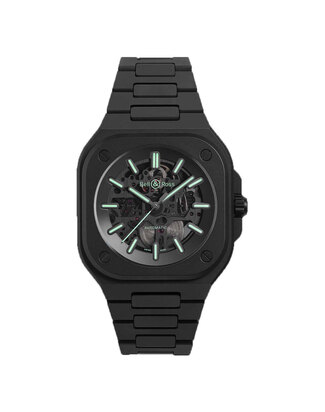

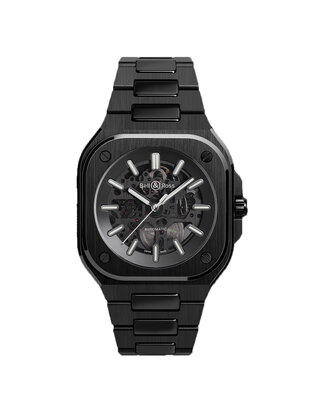

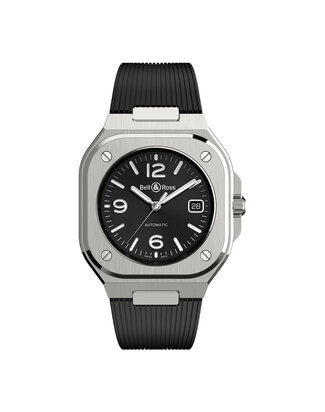

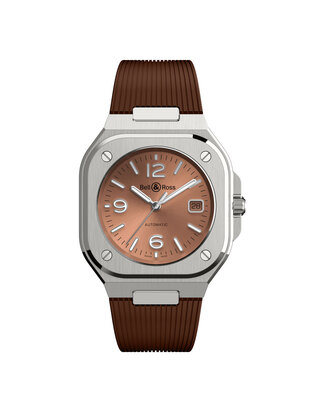

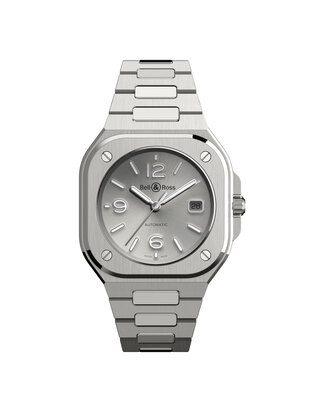
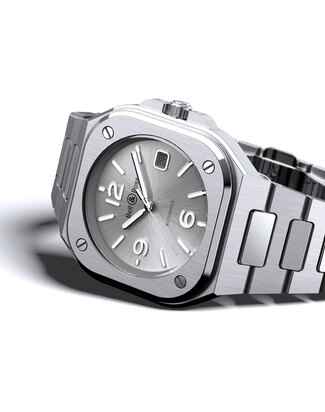
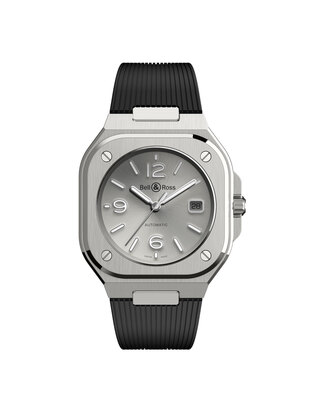
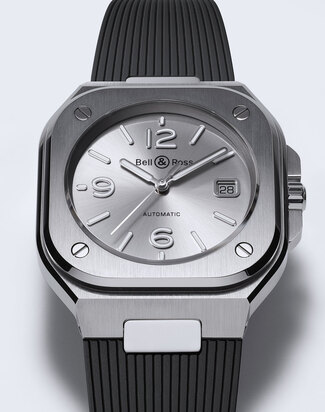
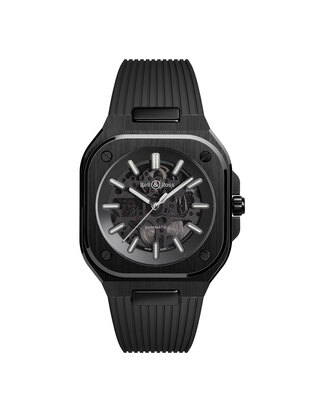
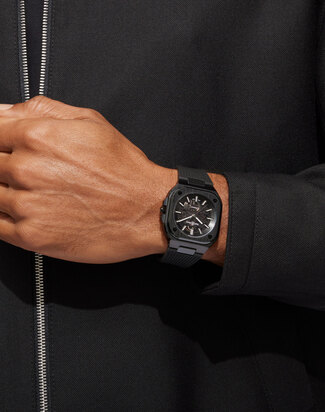
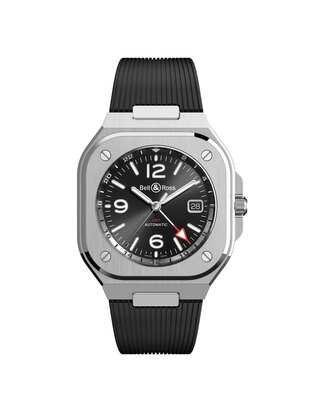
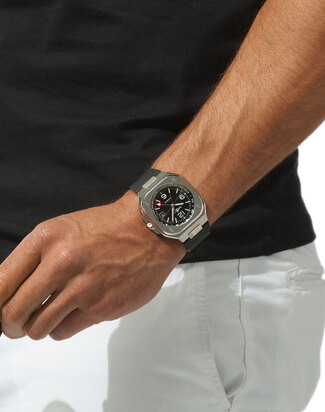
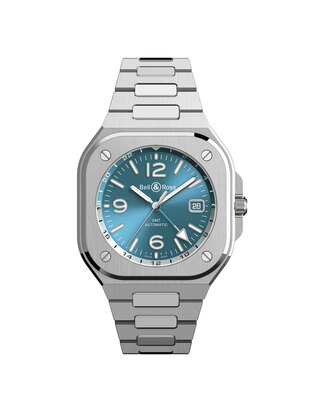


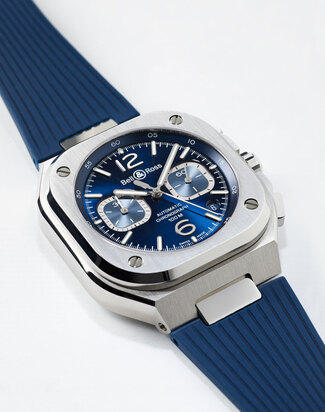

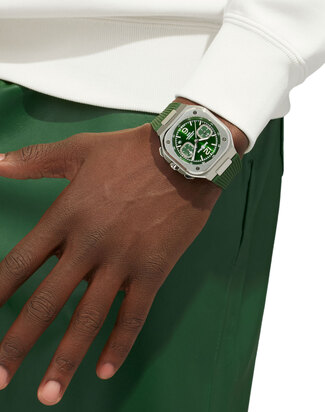
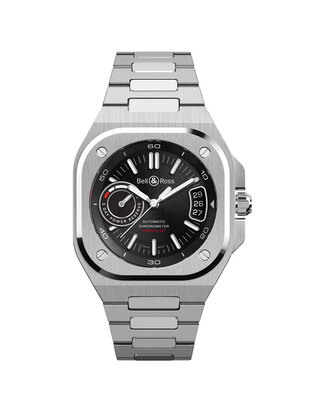
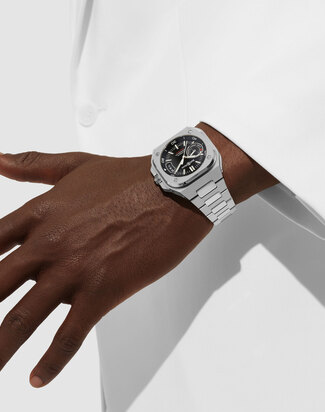
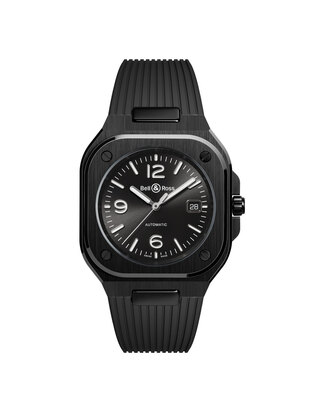

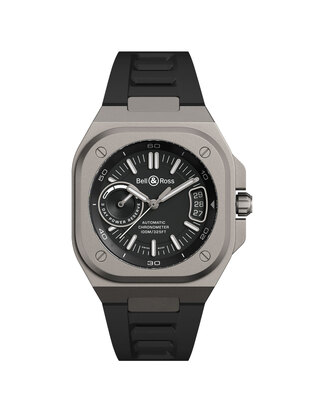
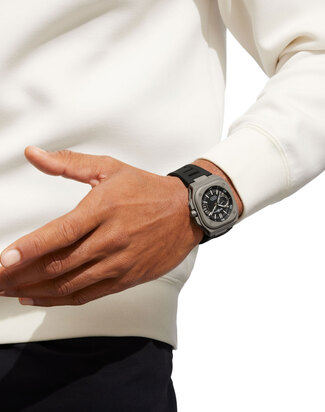
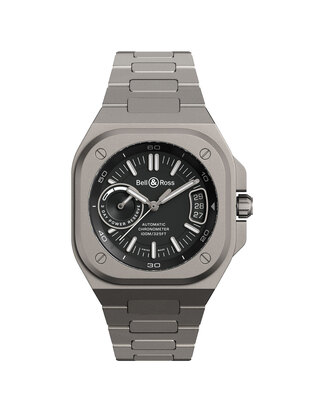
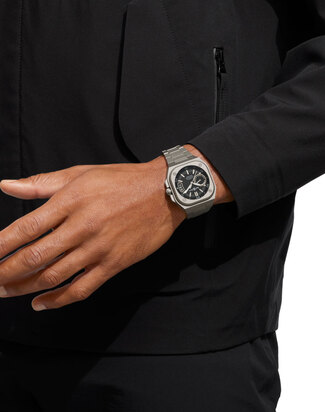
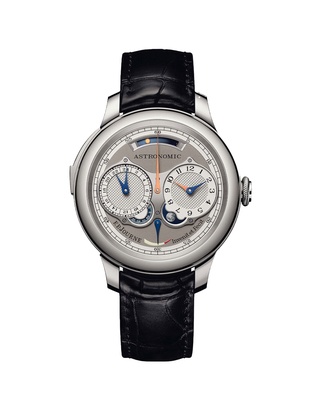
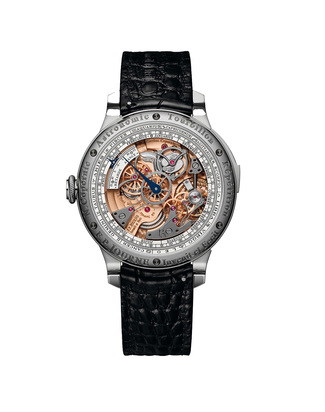
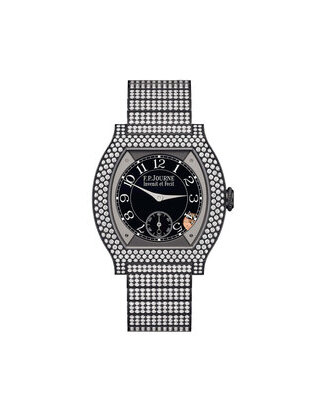
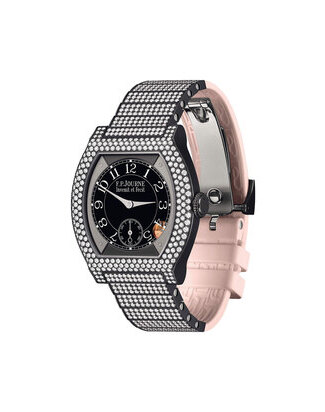
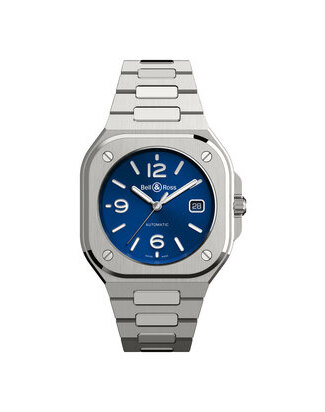

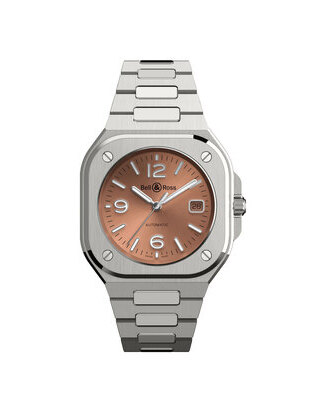
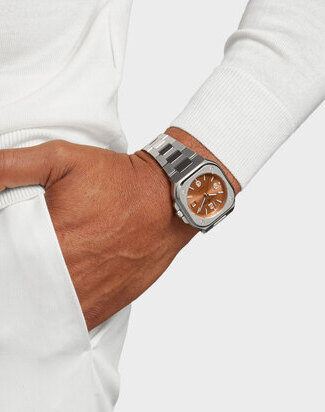
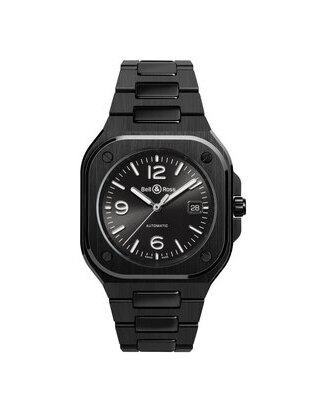

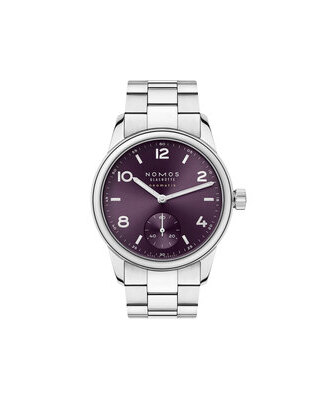
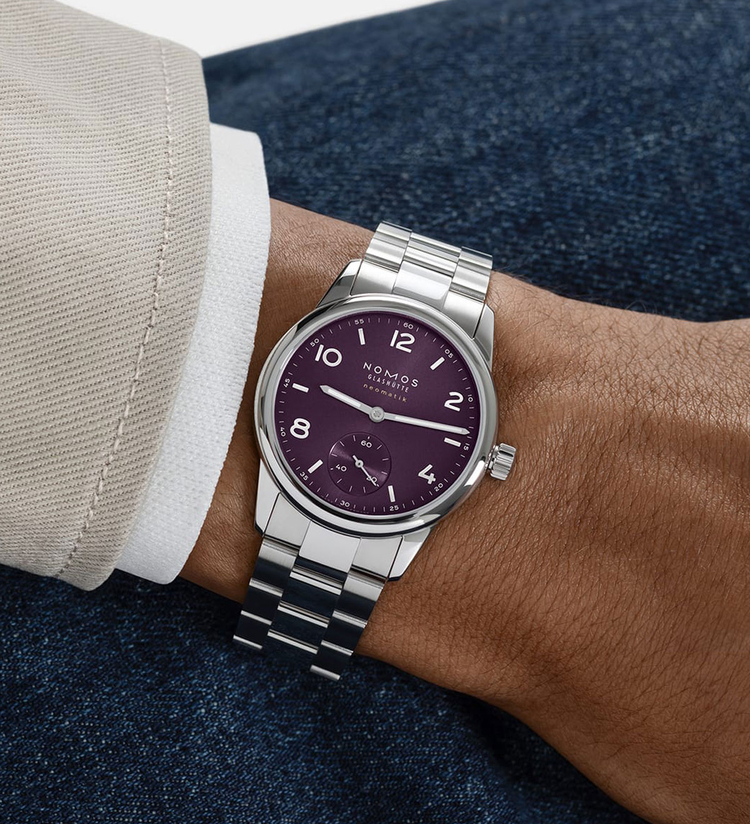
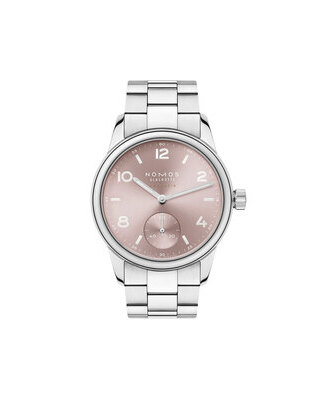
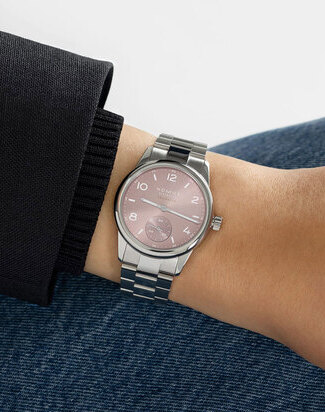
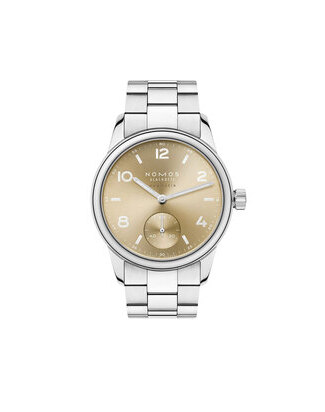
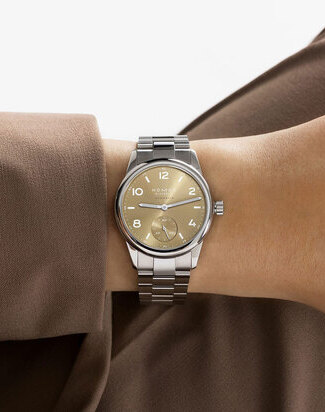
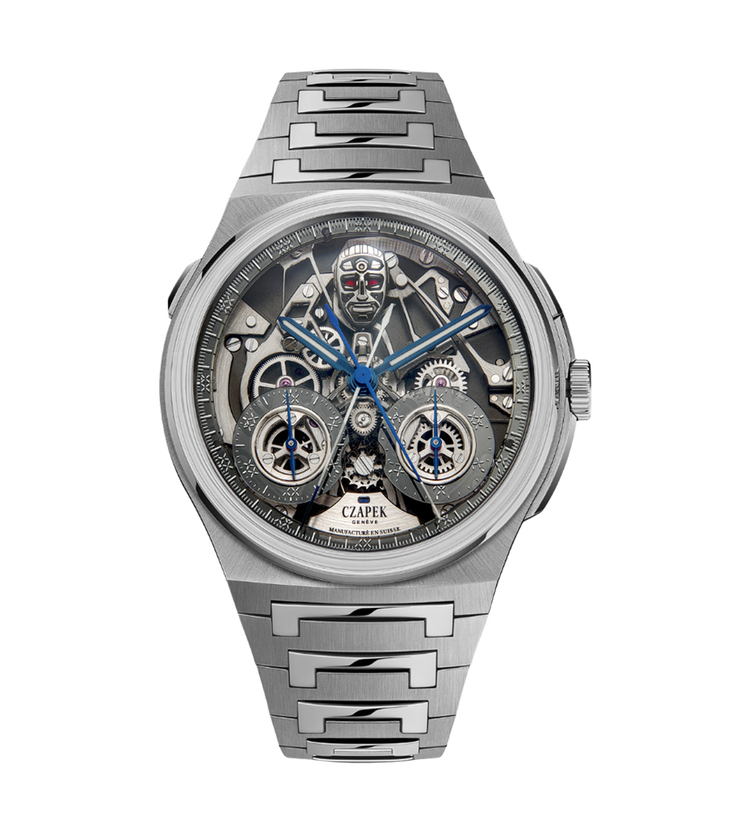
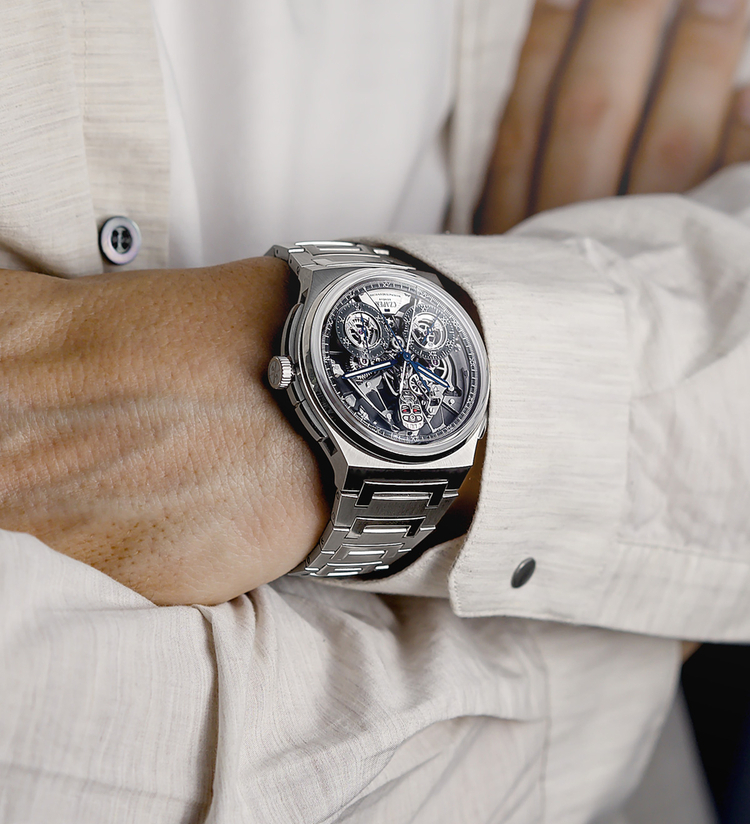
 Reviews
Reviews Reviews
Reviews News and trends
News and trends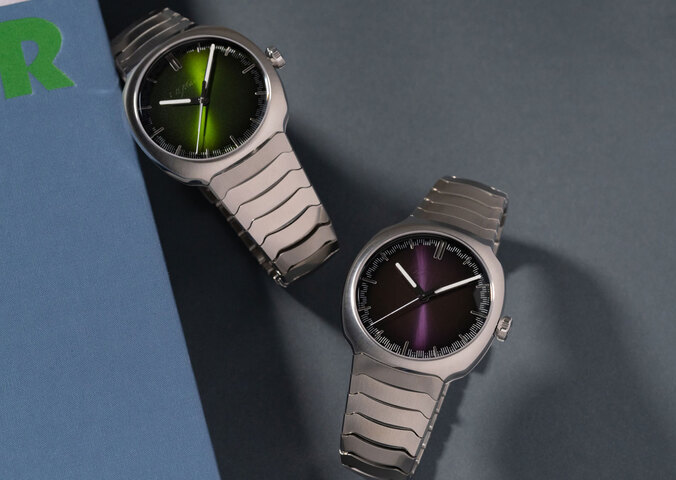 Reviews
Reviews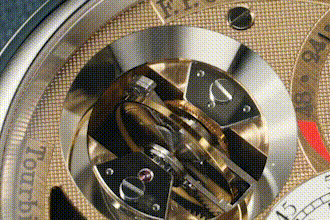 Reviews
Reviews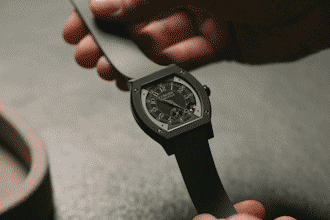 News and trends
News and trends Reviews
Reviews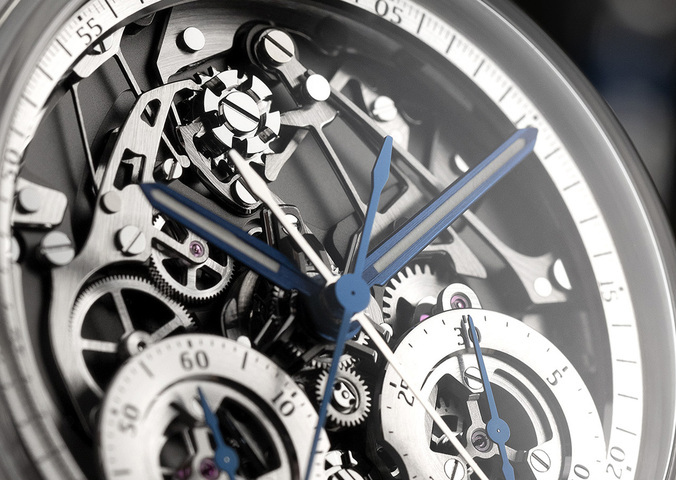 Interviews
Interviews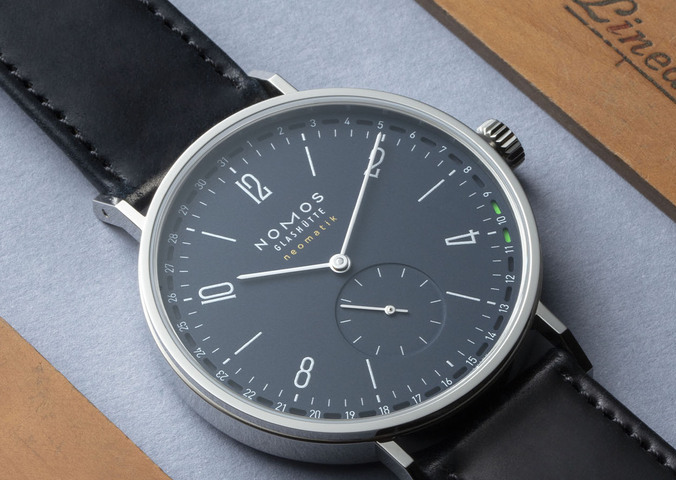 News and trends
News and trends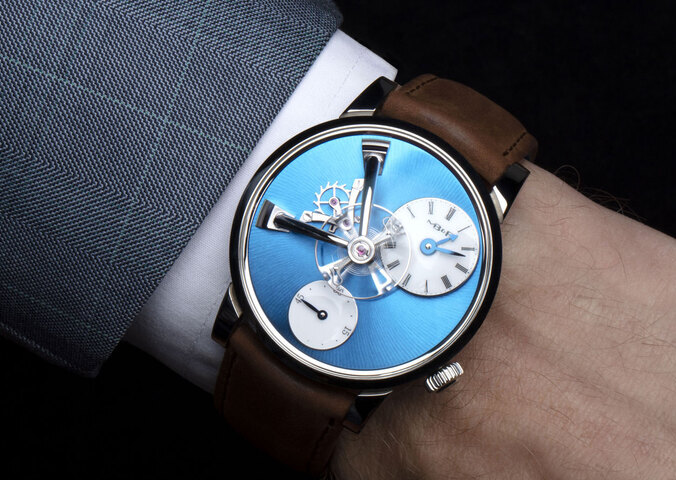 Innovations
Innovations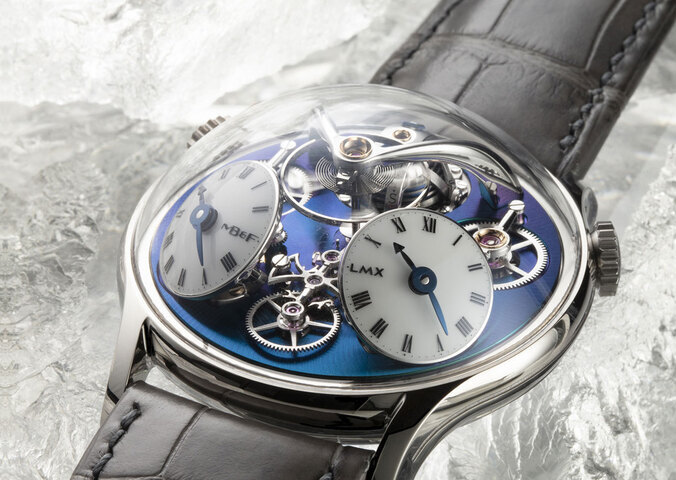 Guide
Guide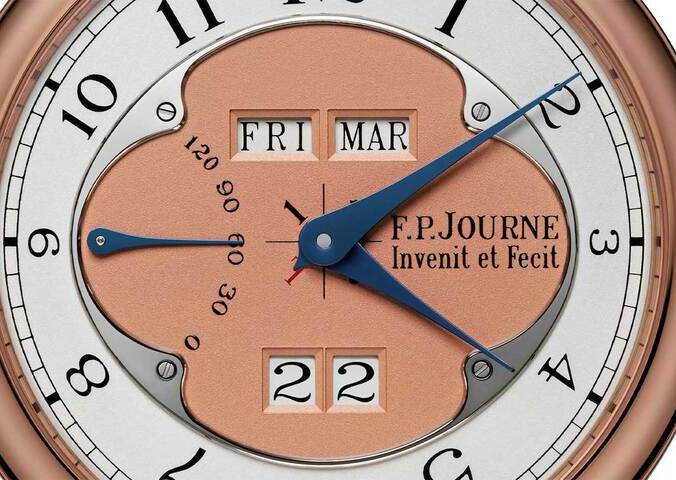 Stories
Stories Stories
Stories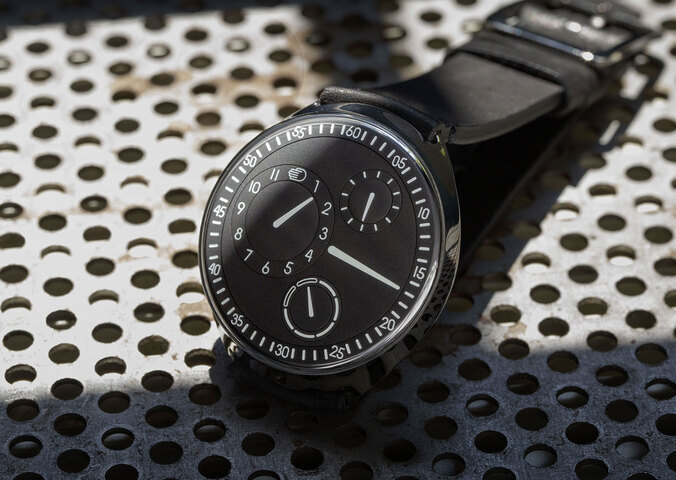 Innovations
Innovations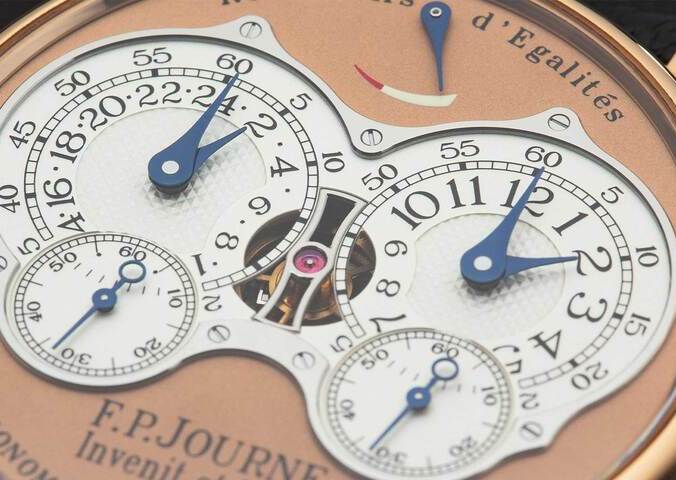 Guide
Guide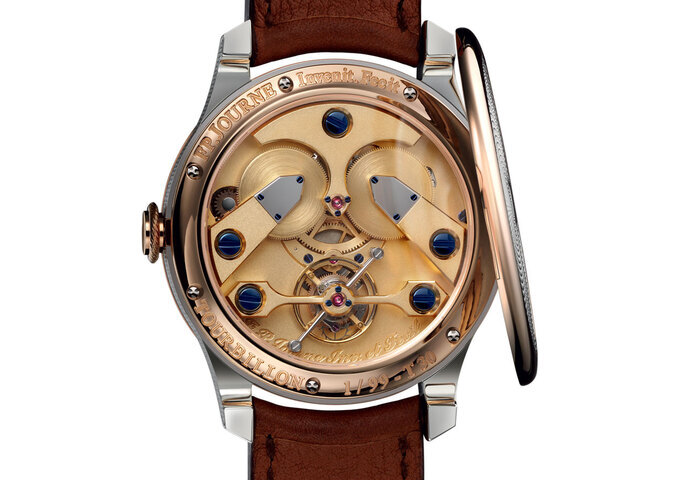 Stories
Stories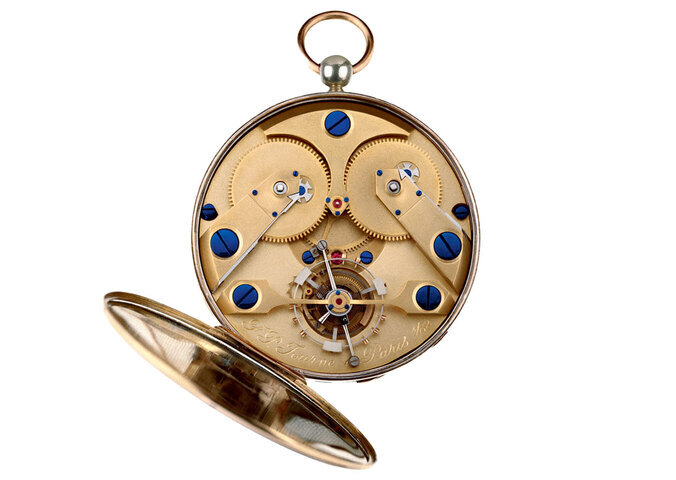 Stories
Stories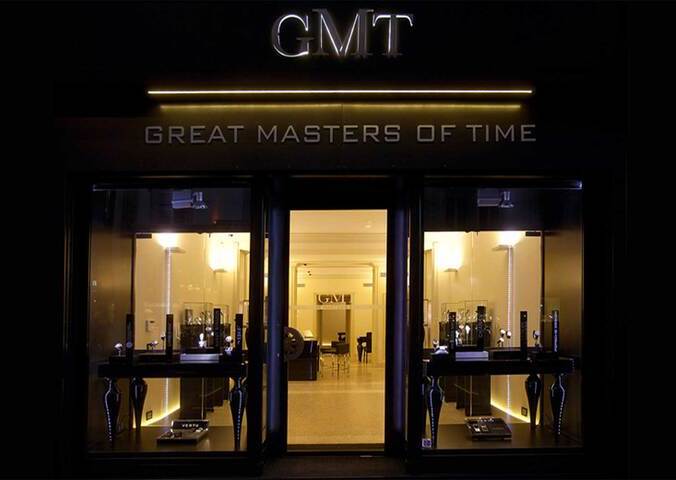 Stories
Stories